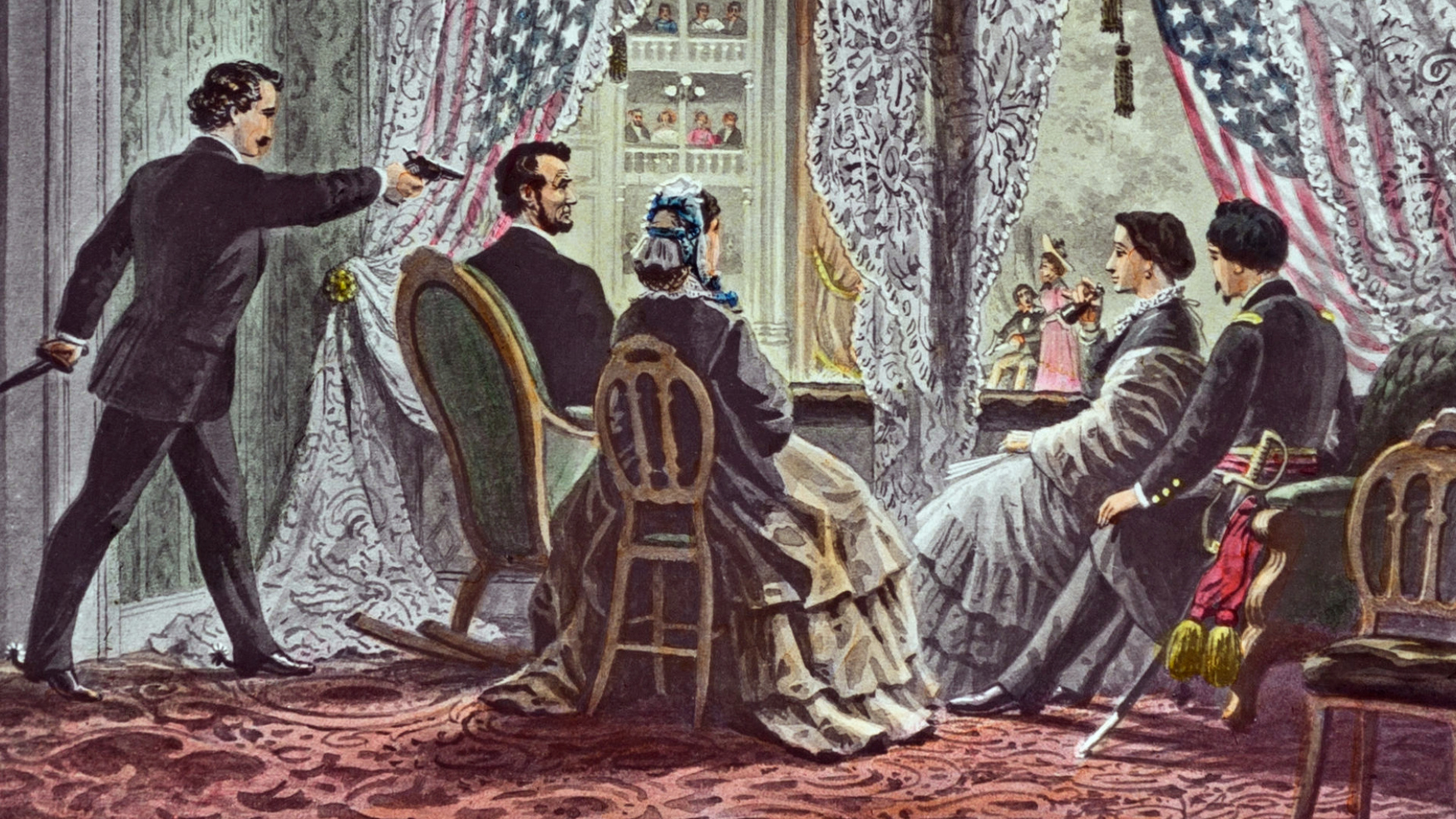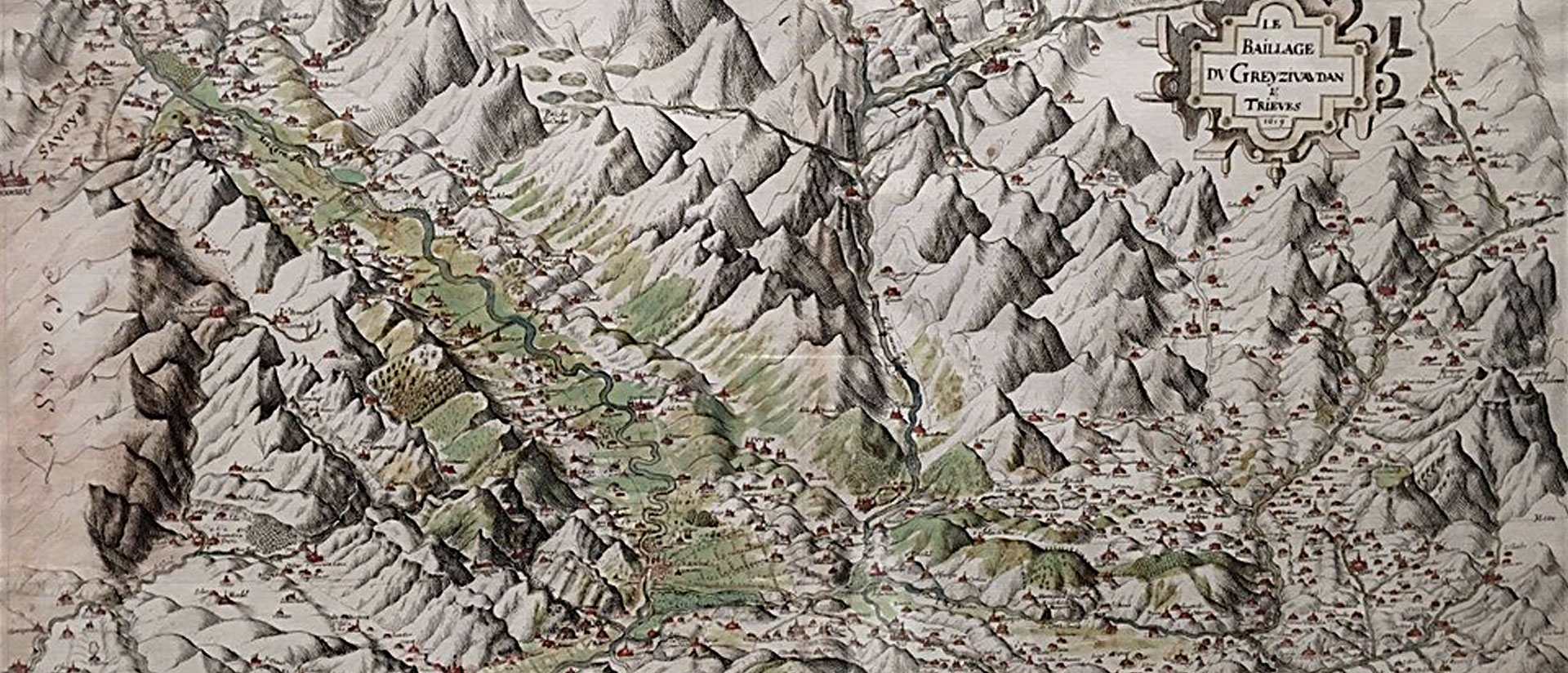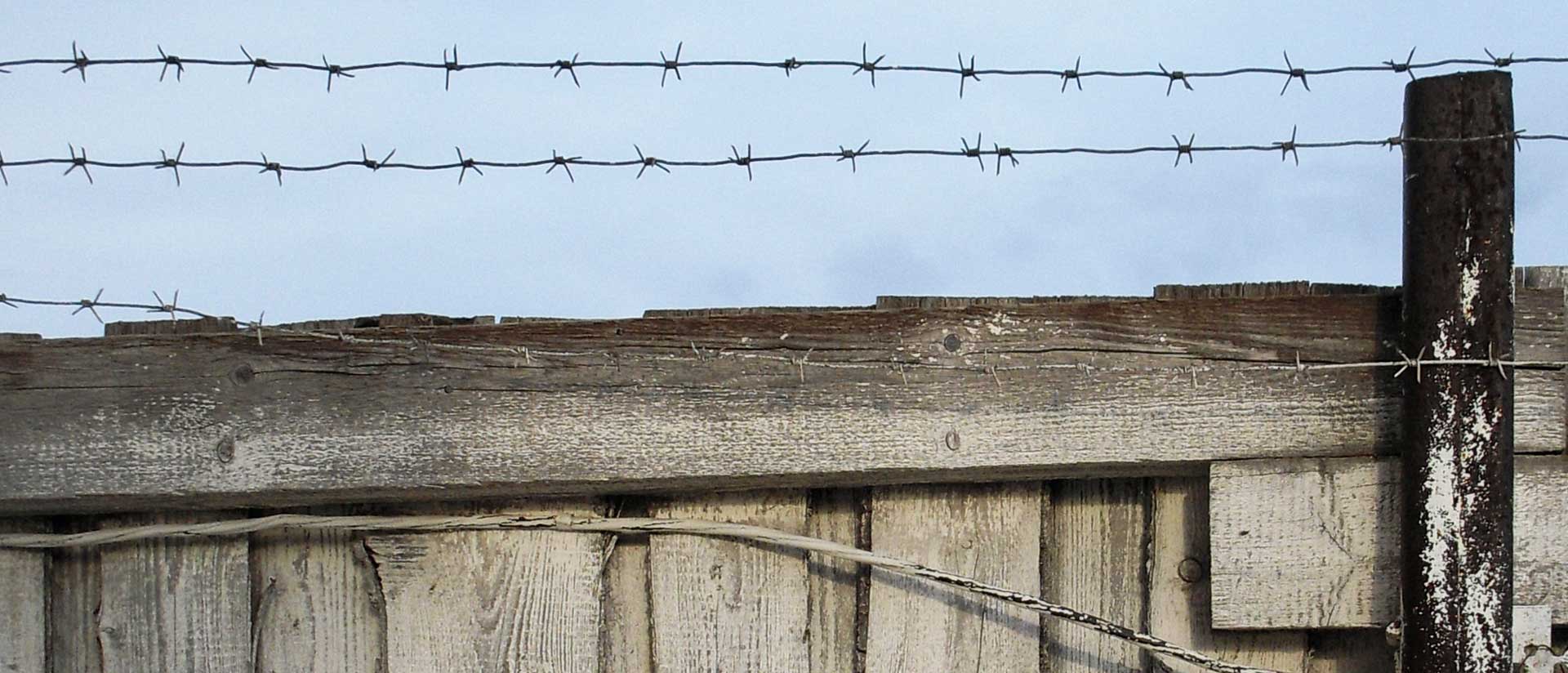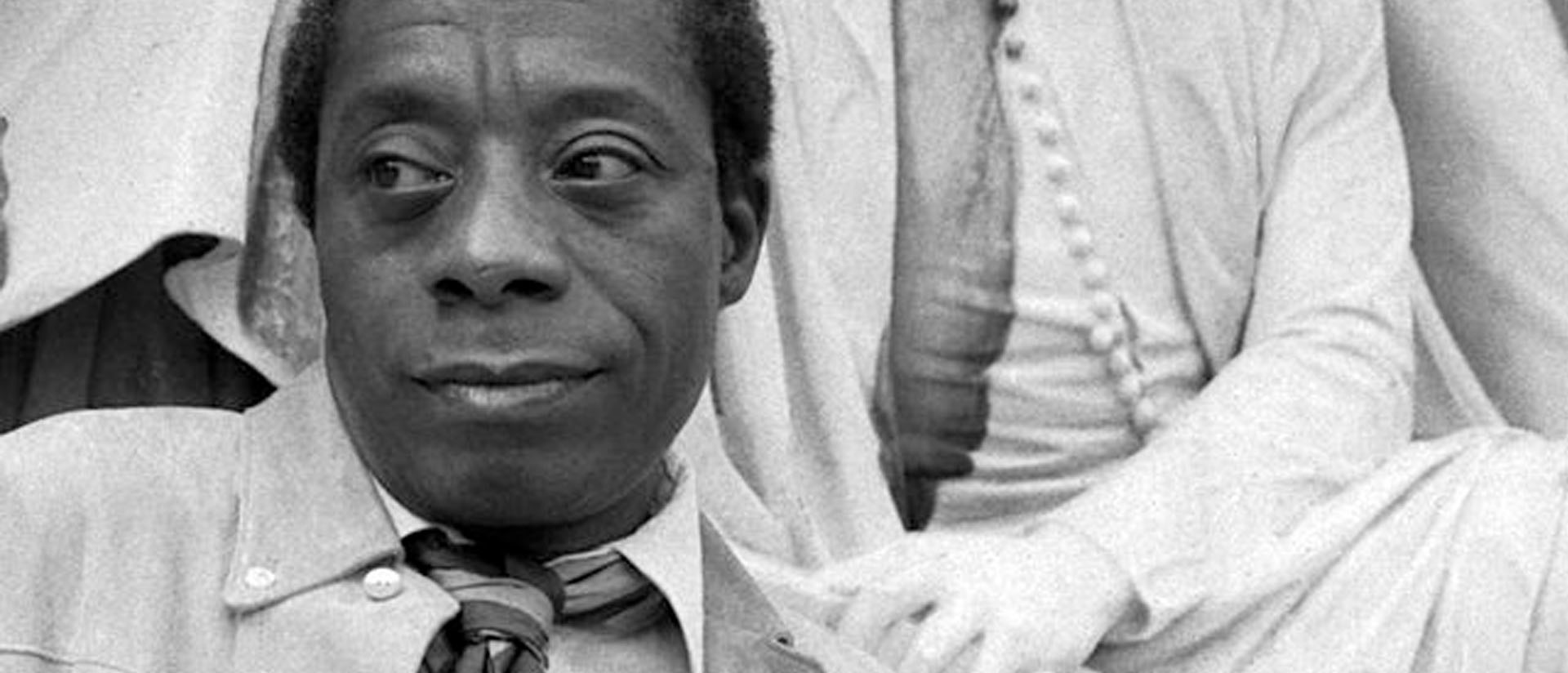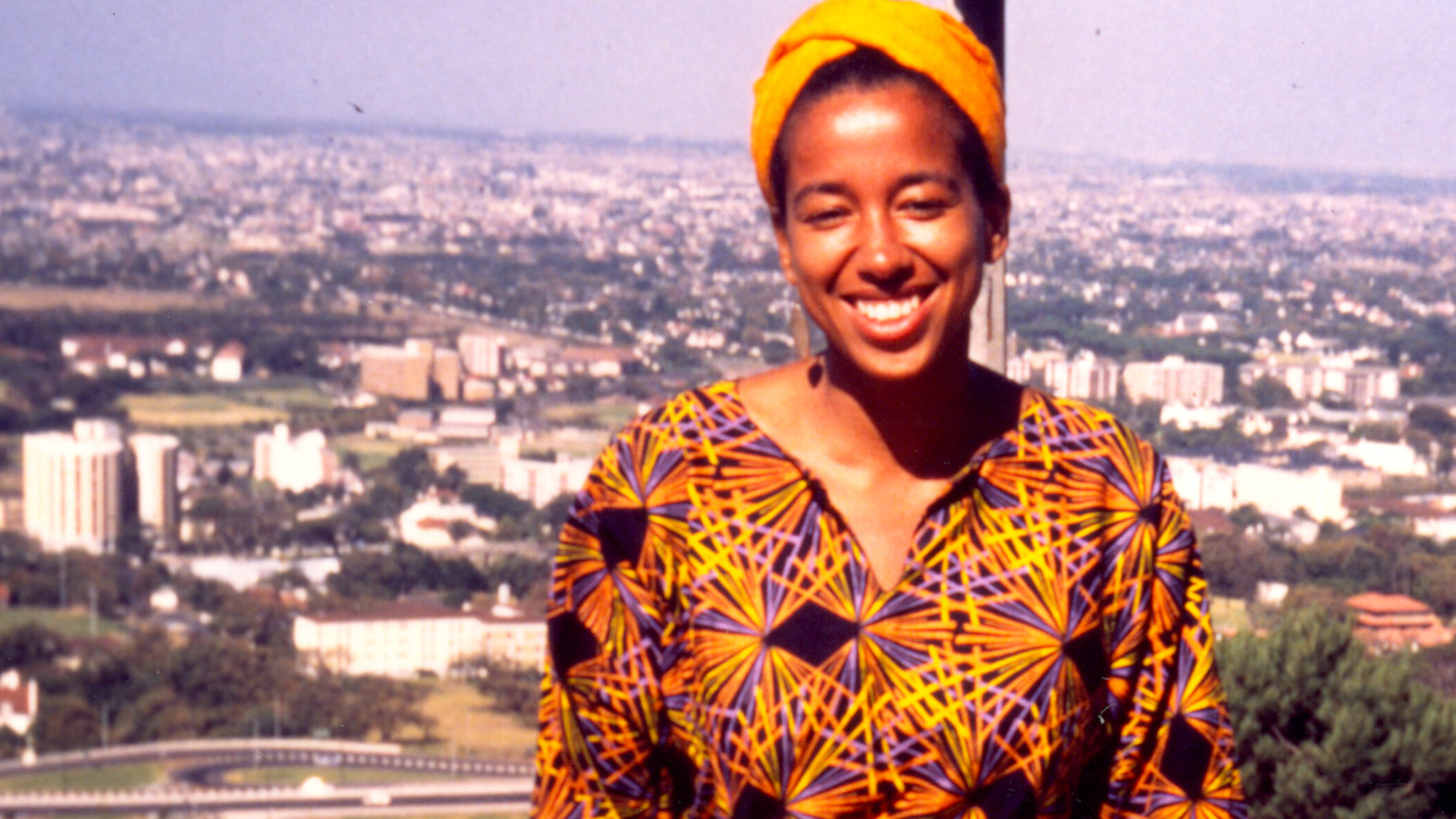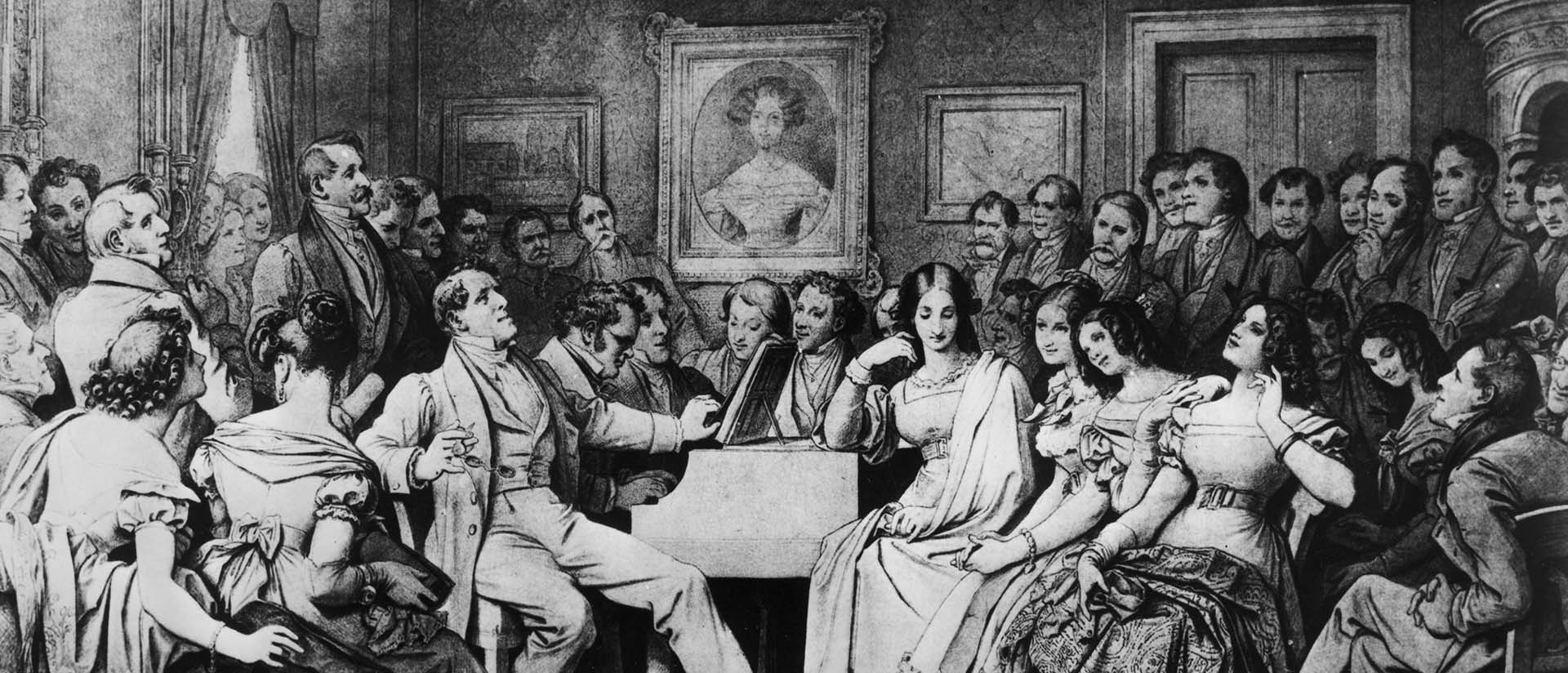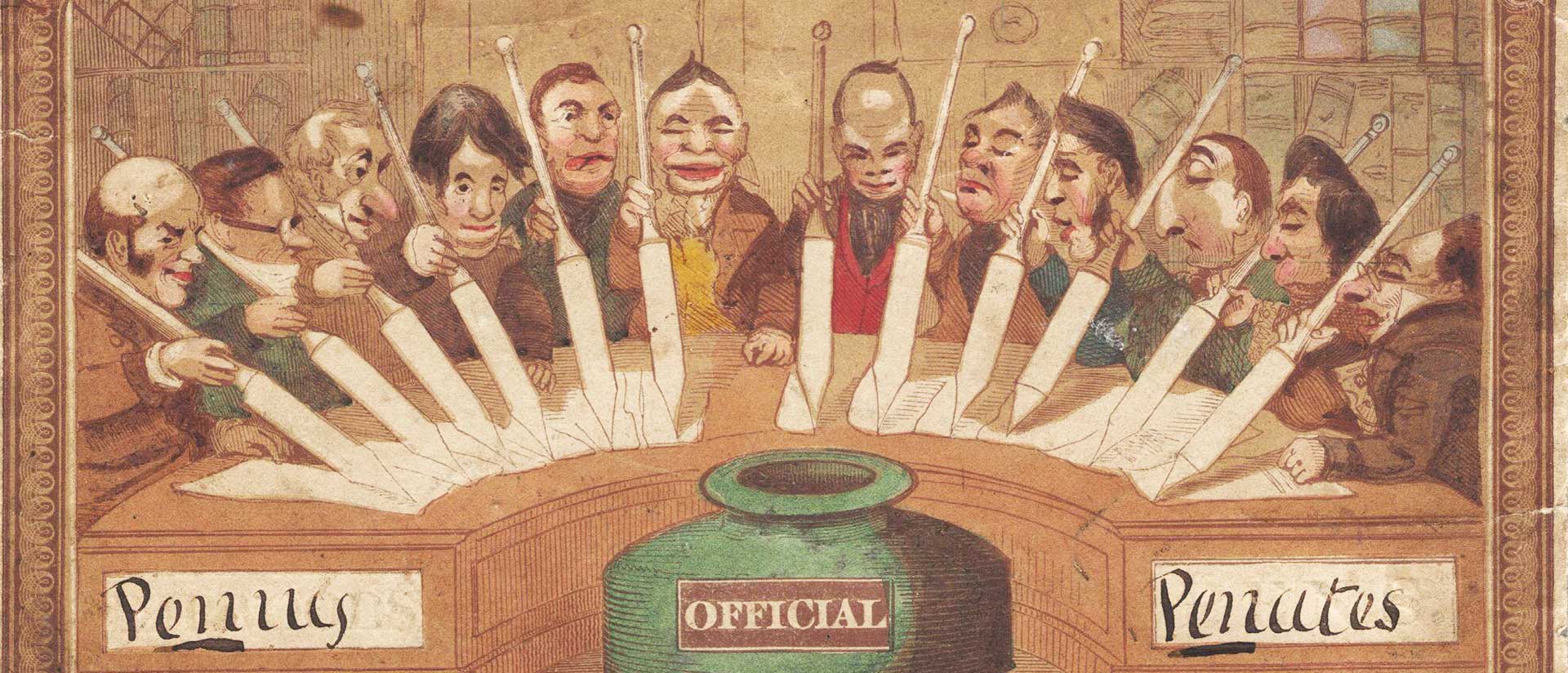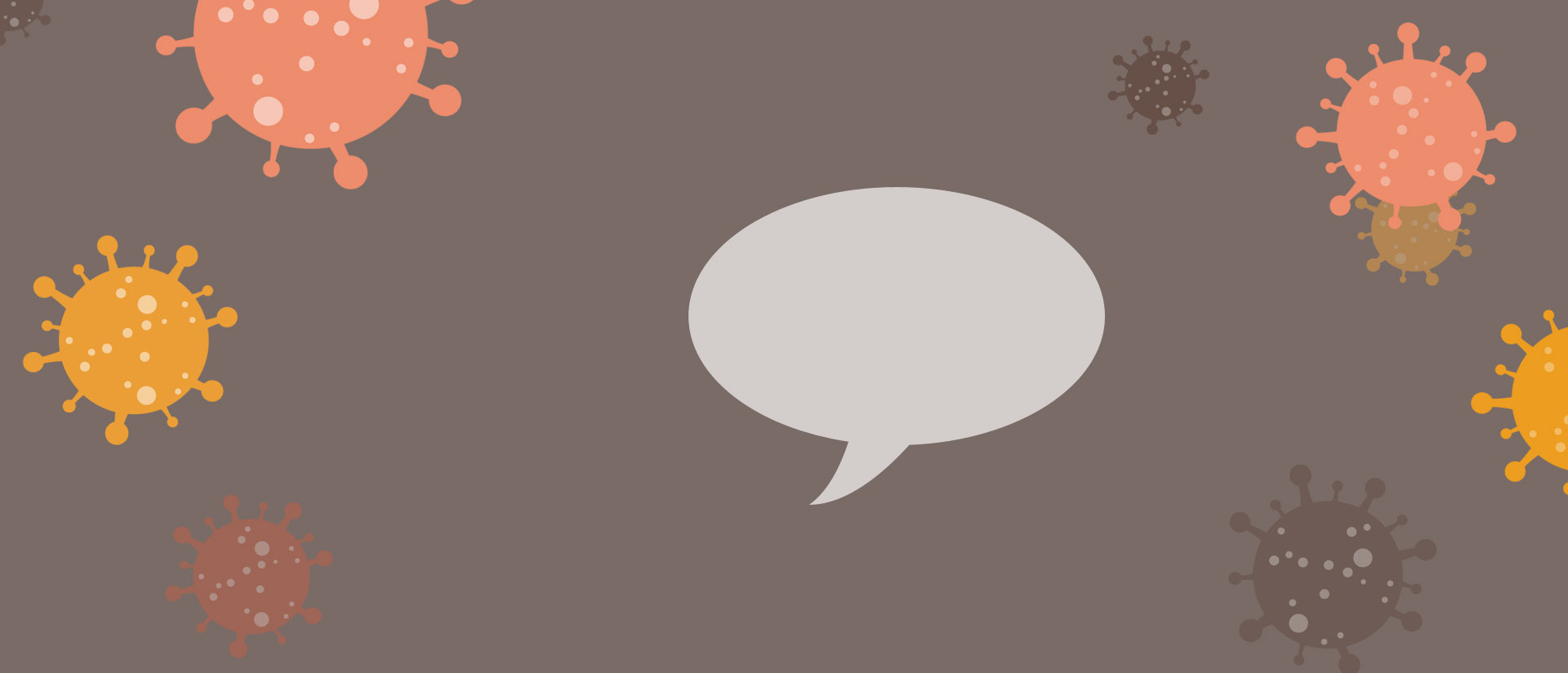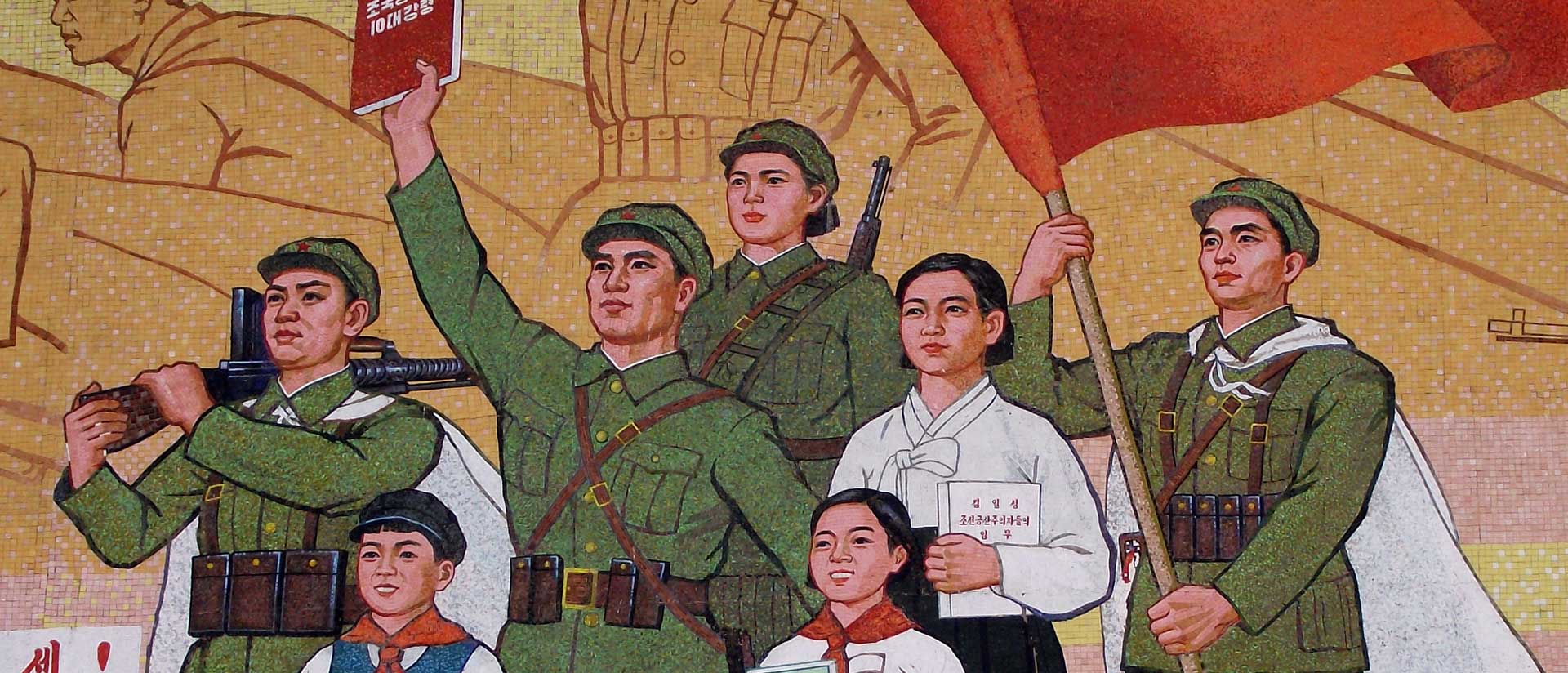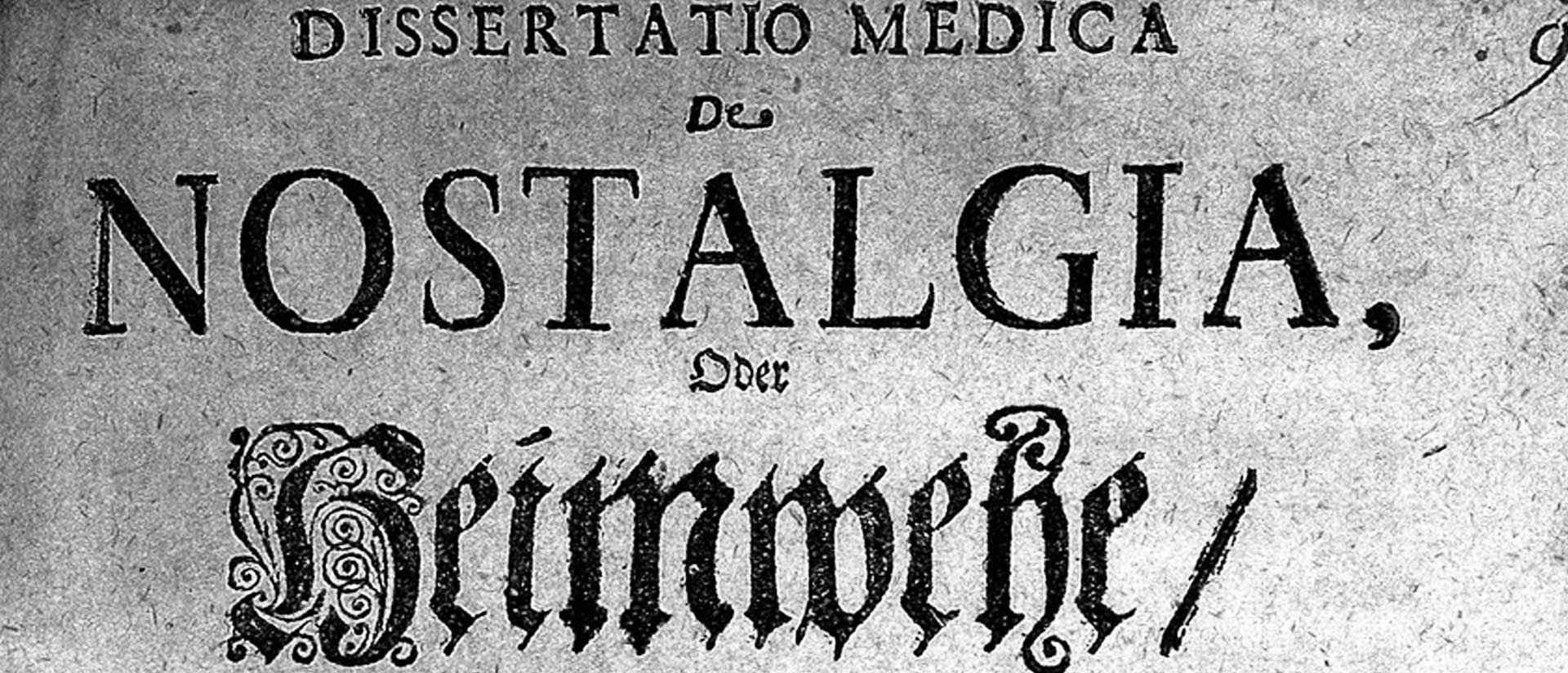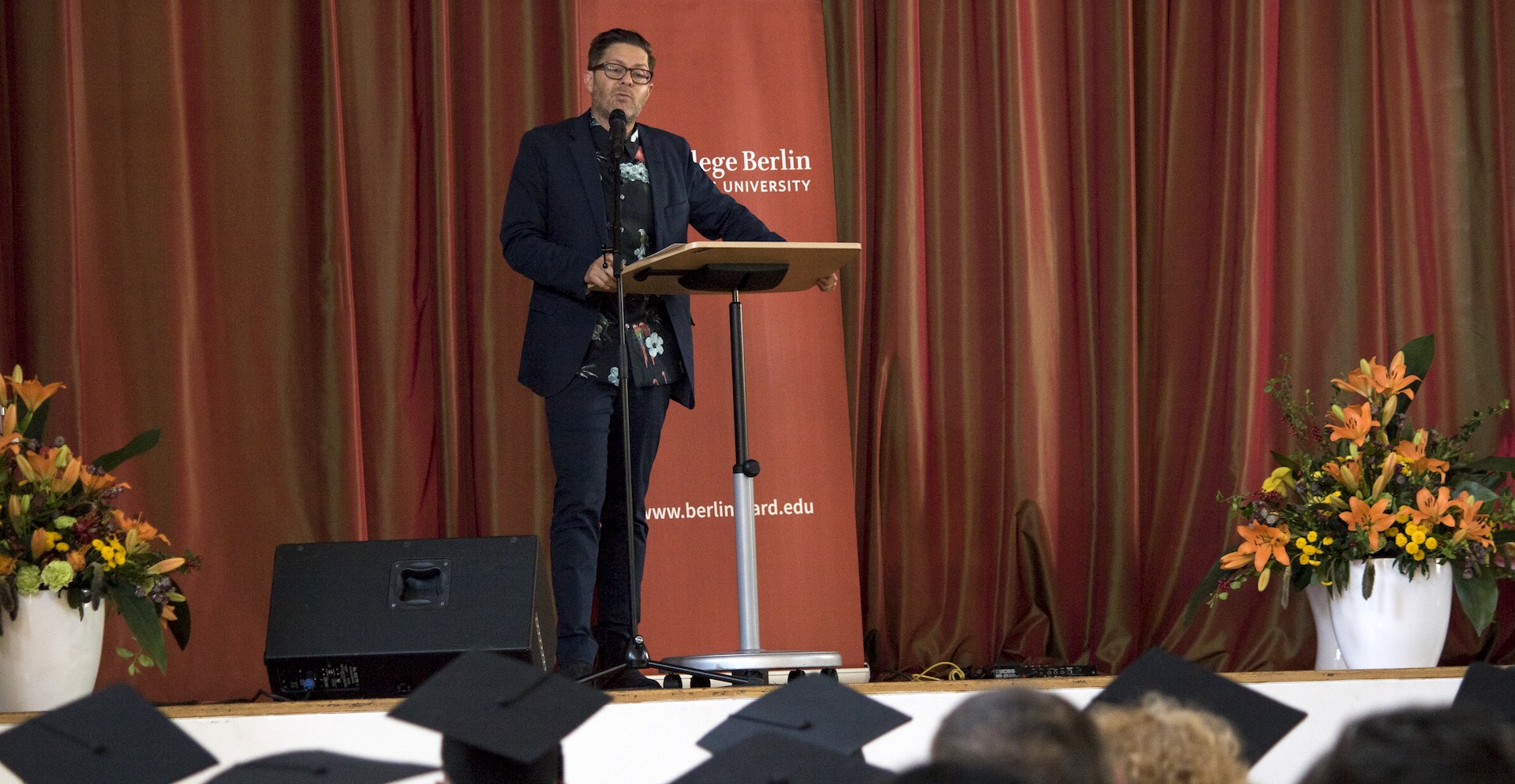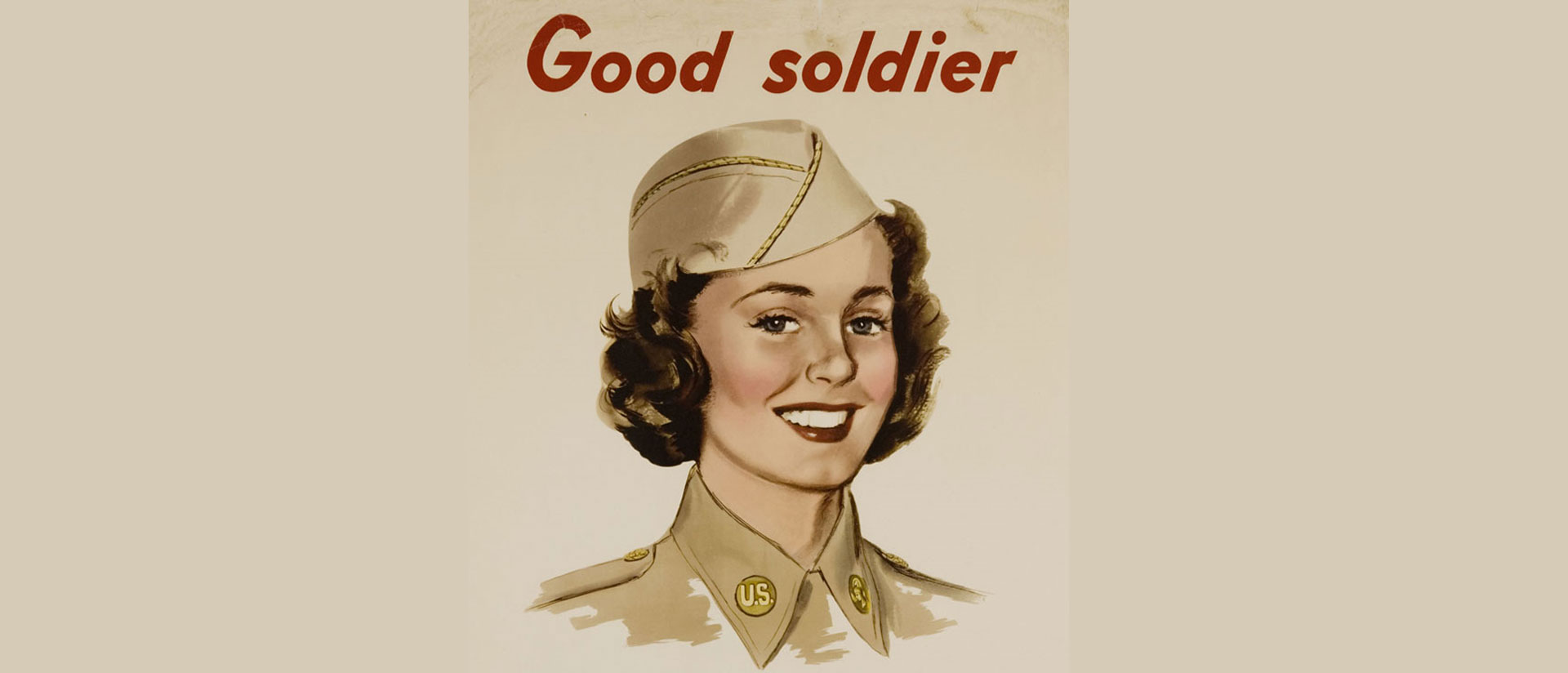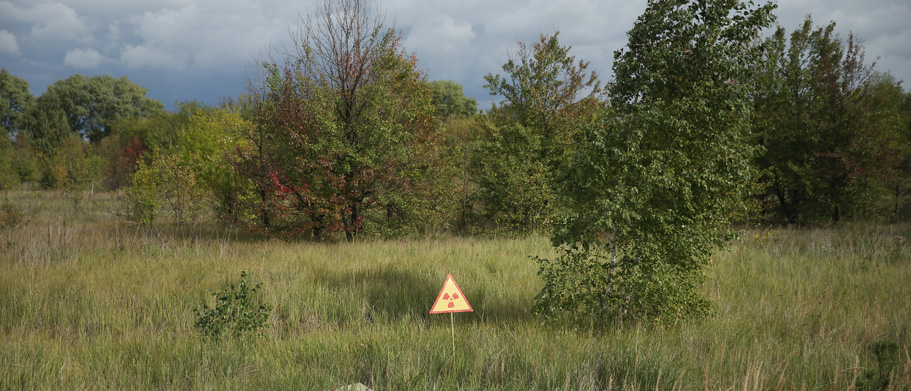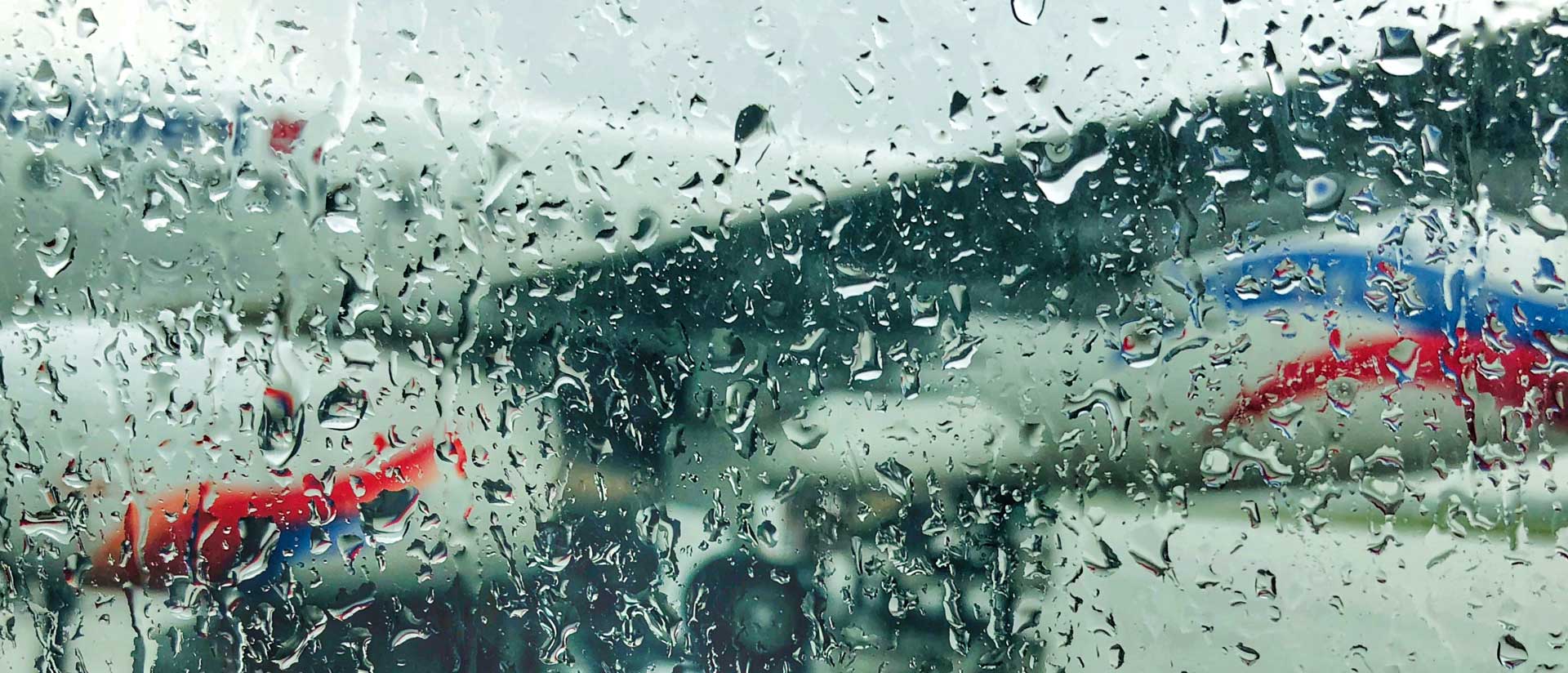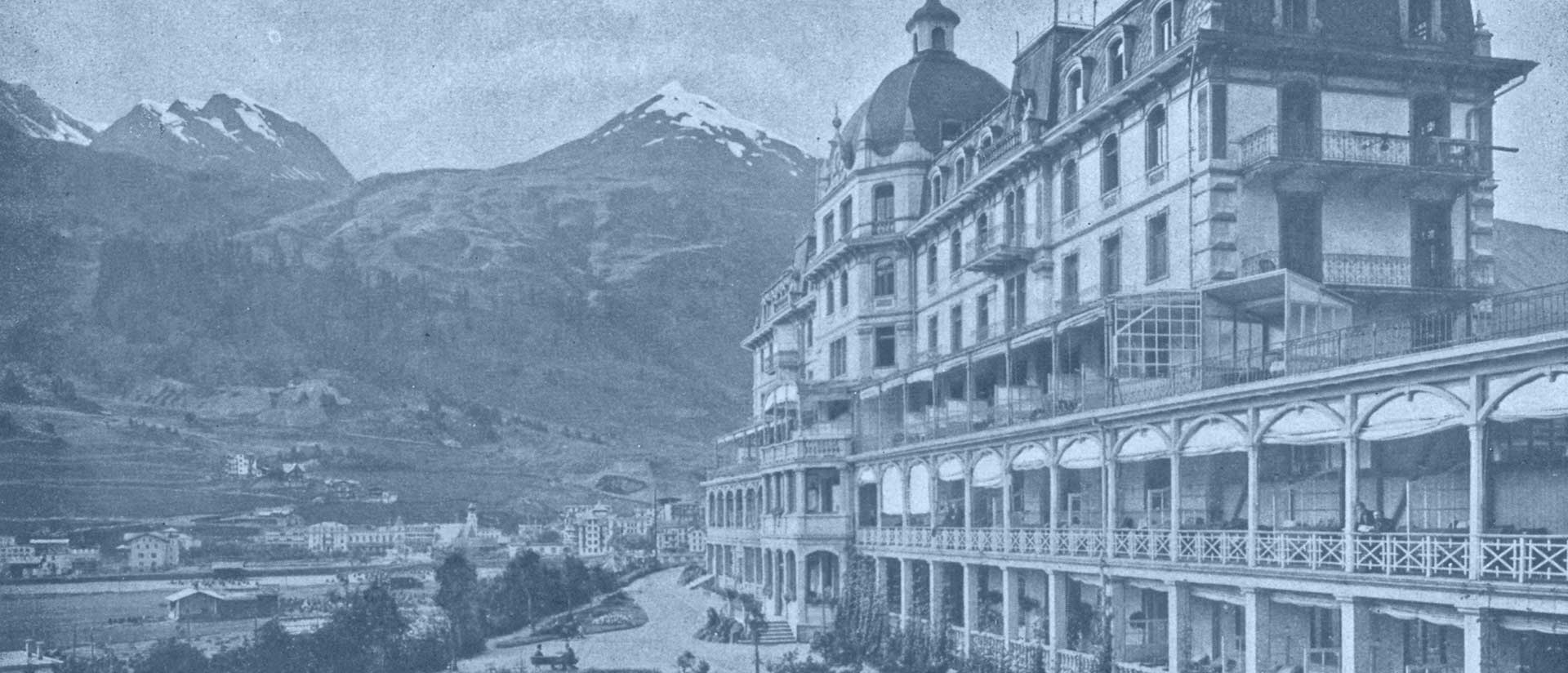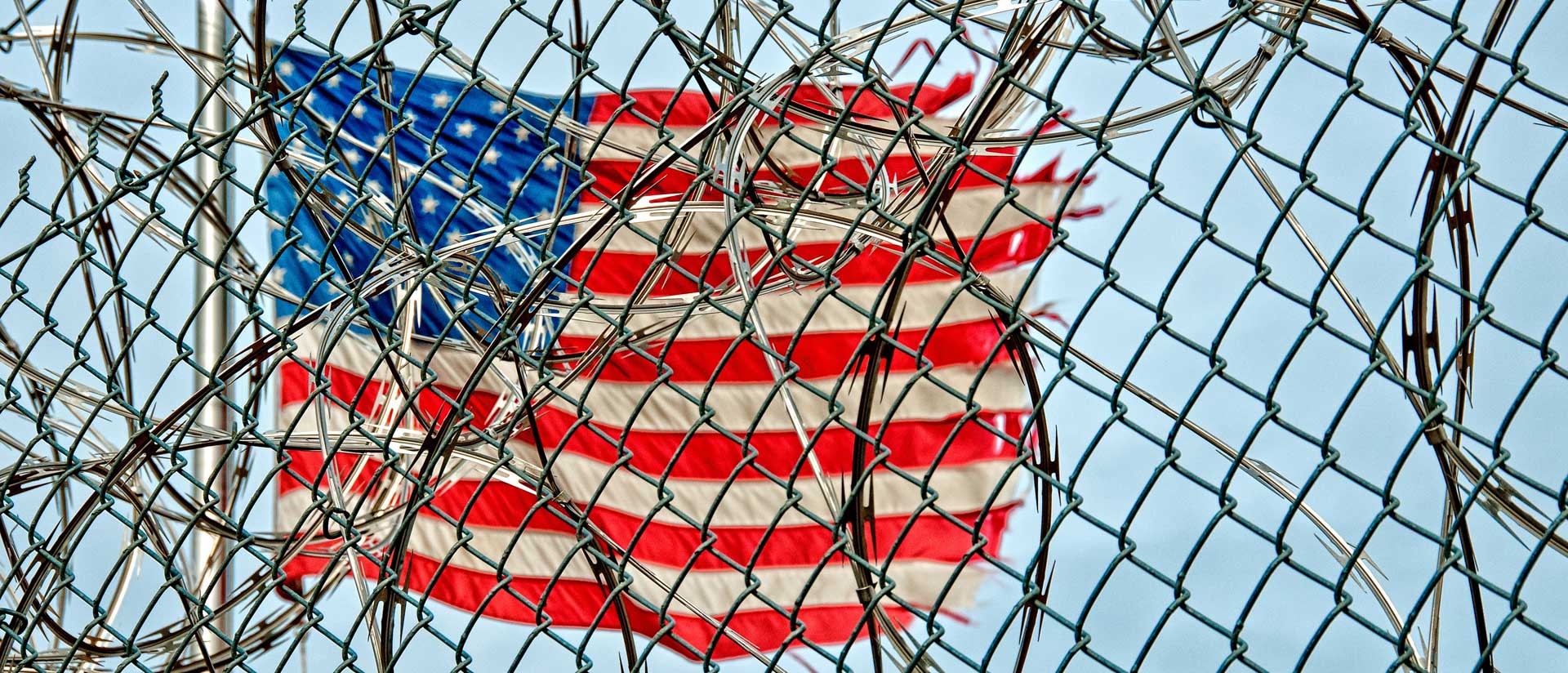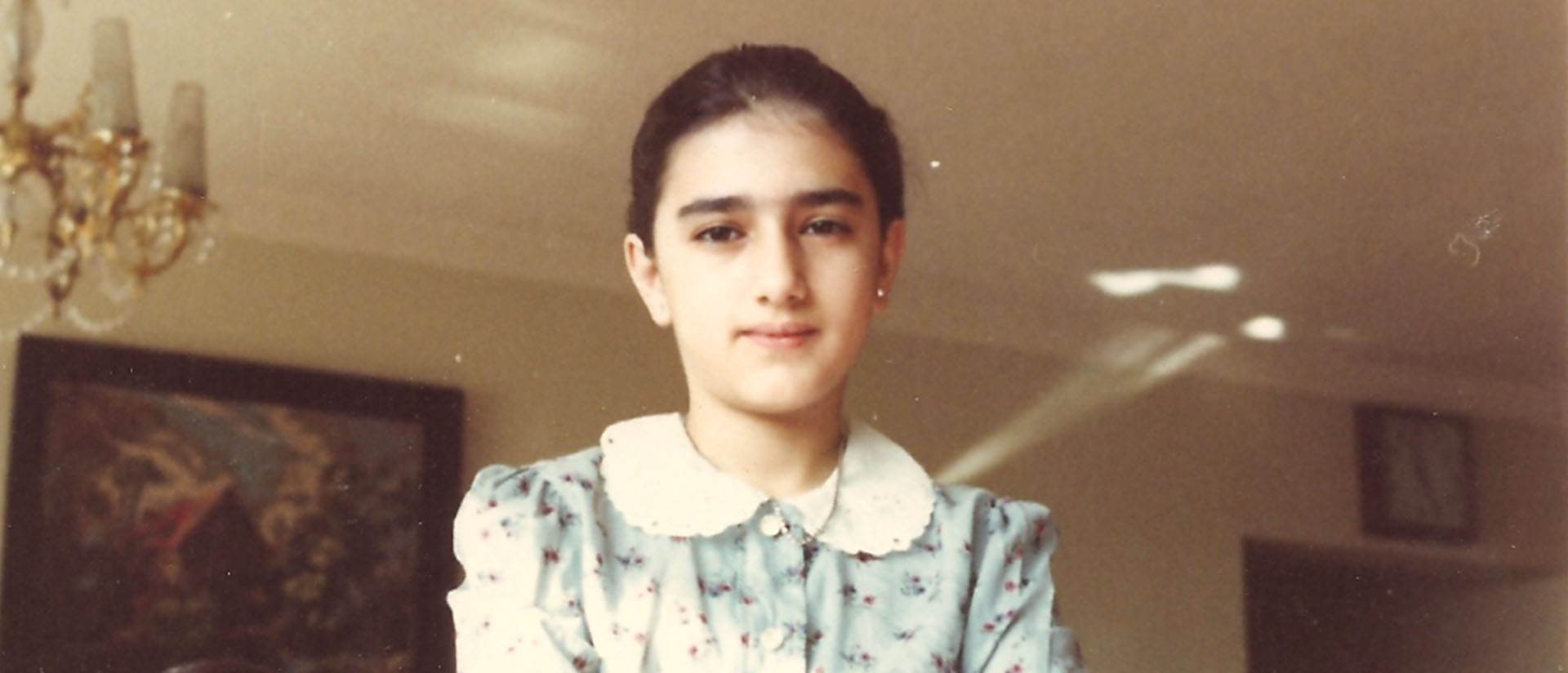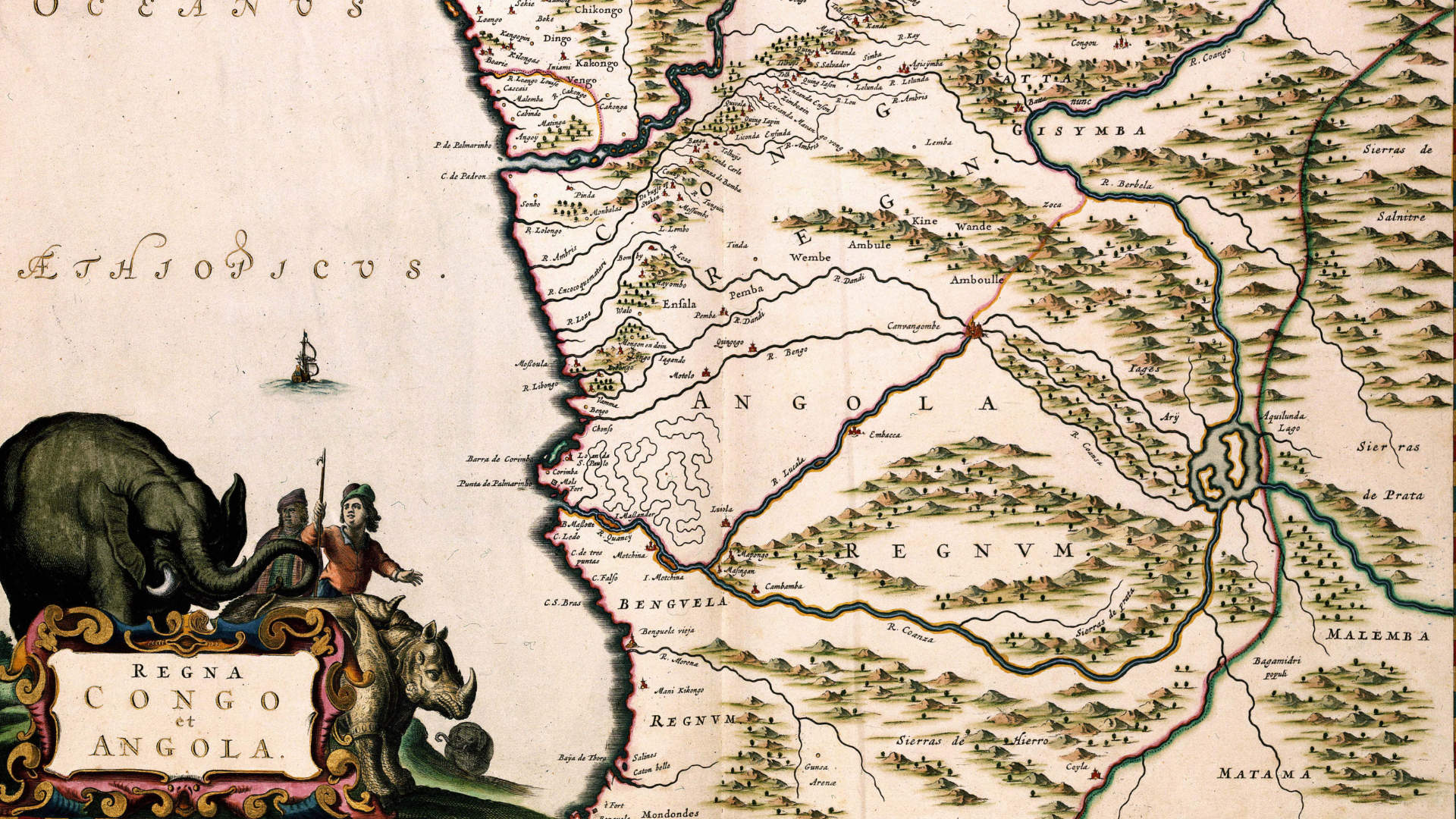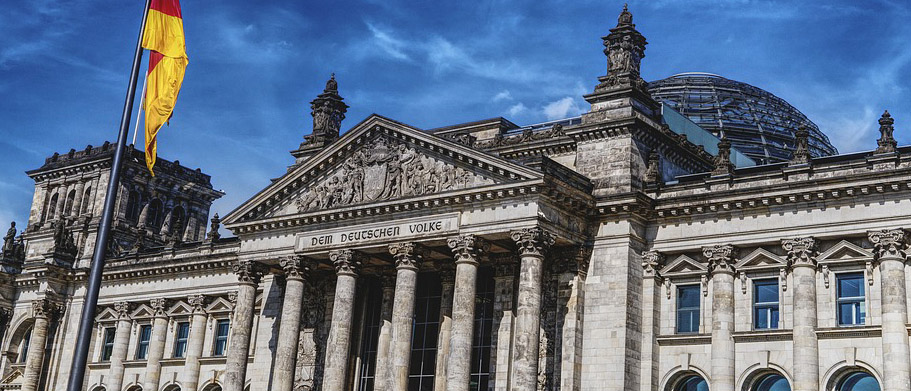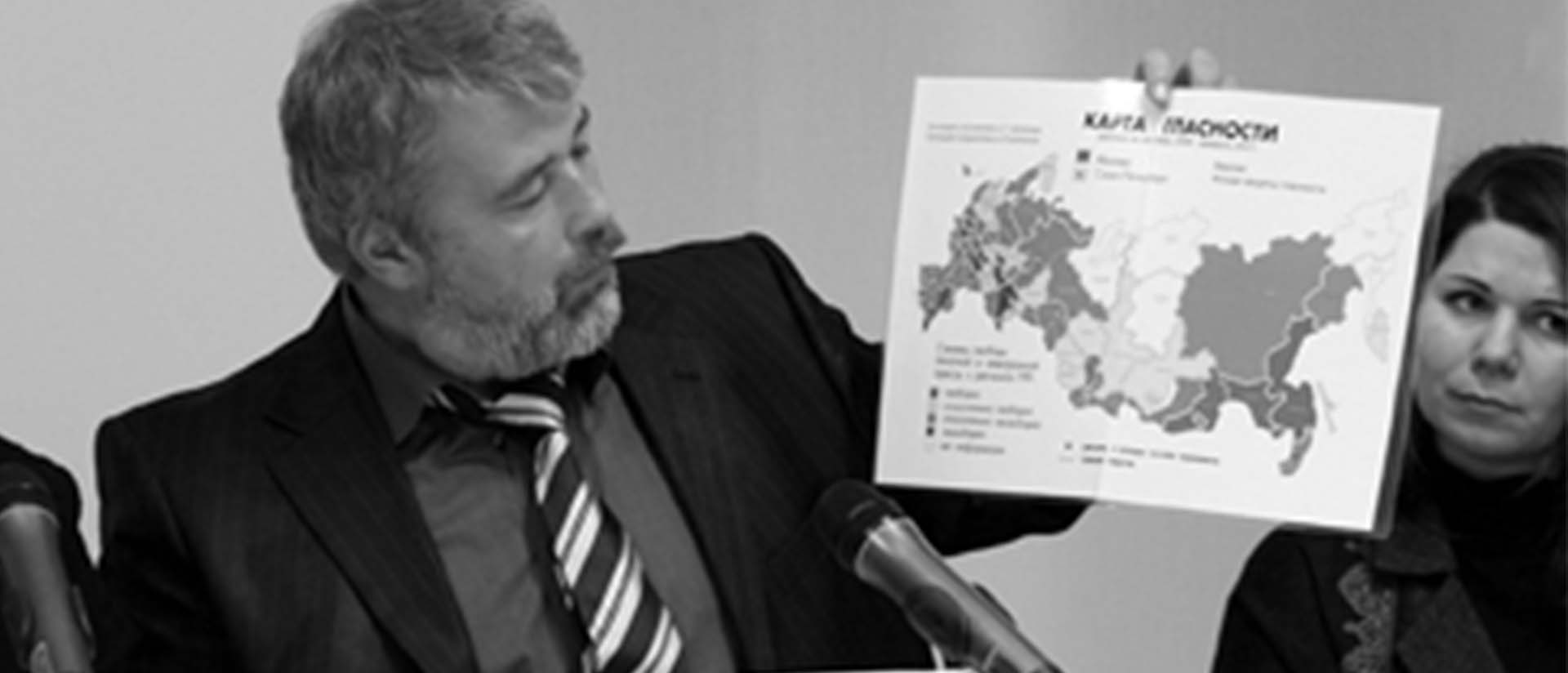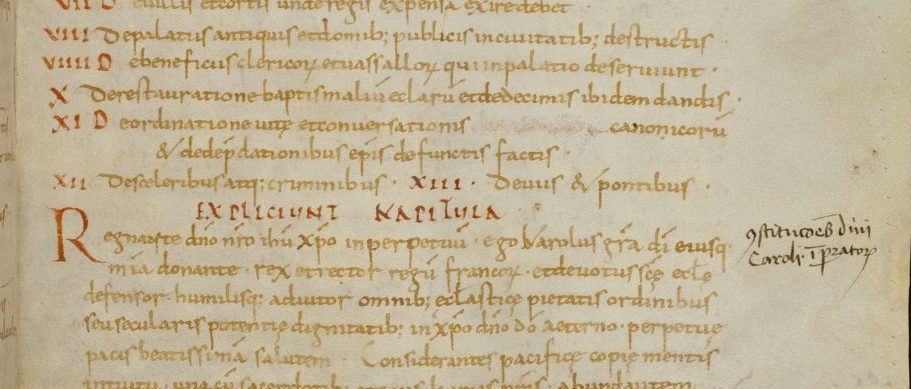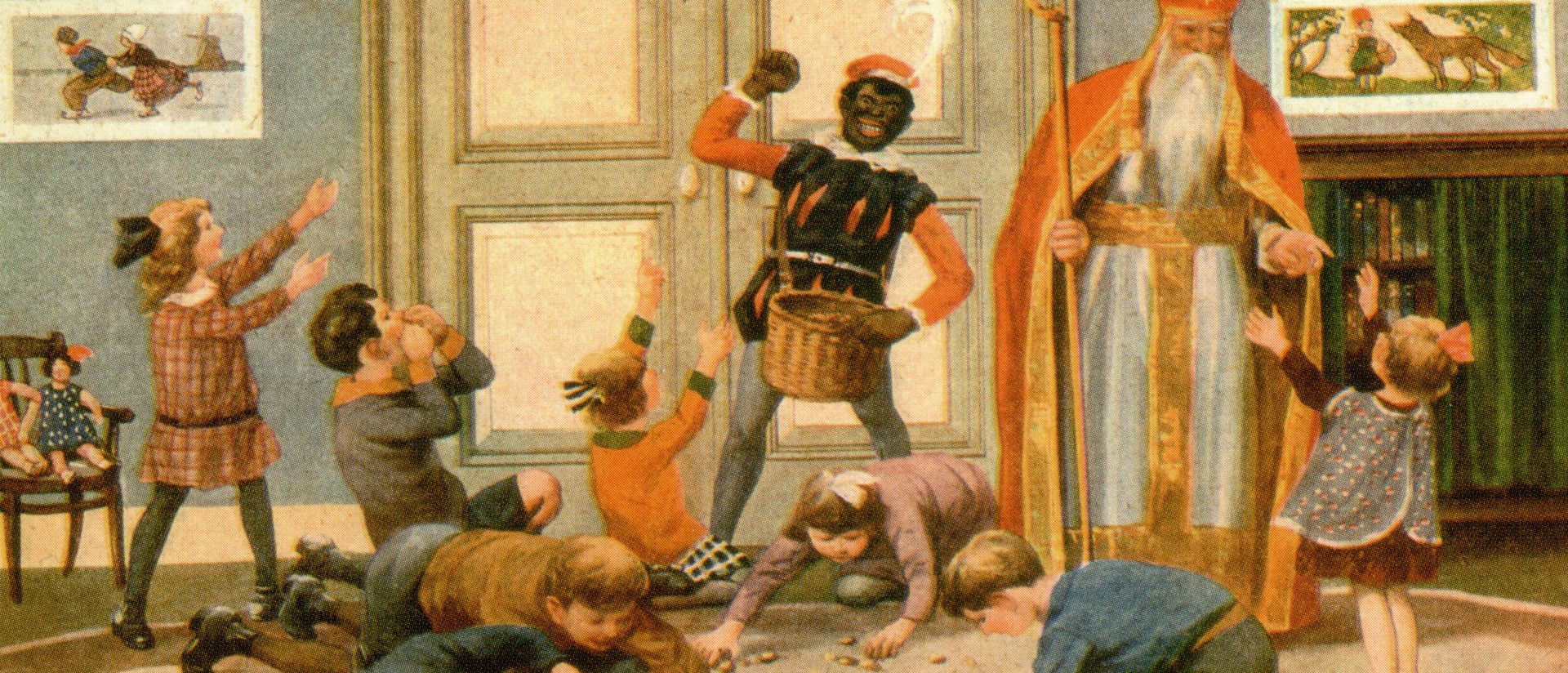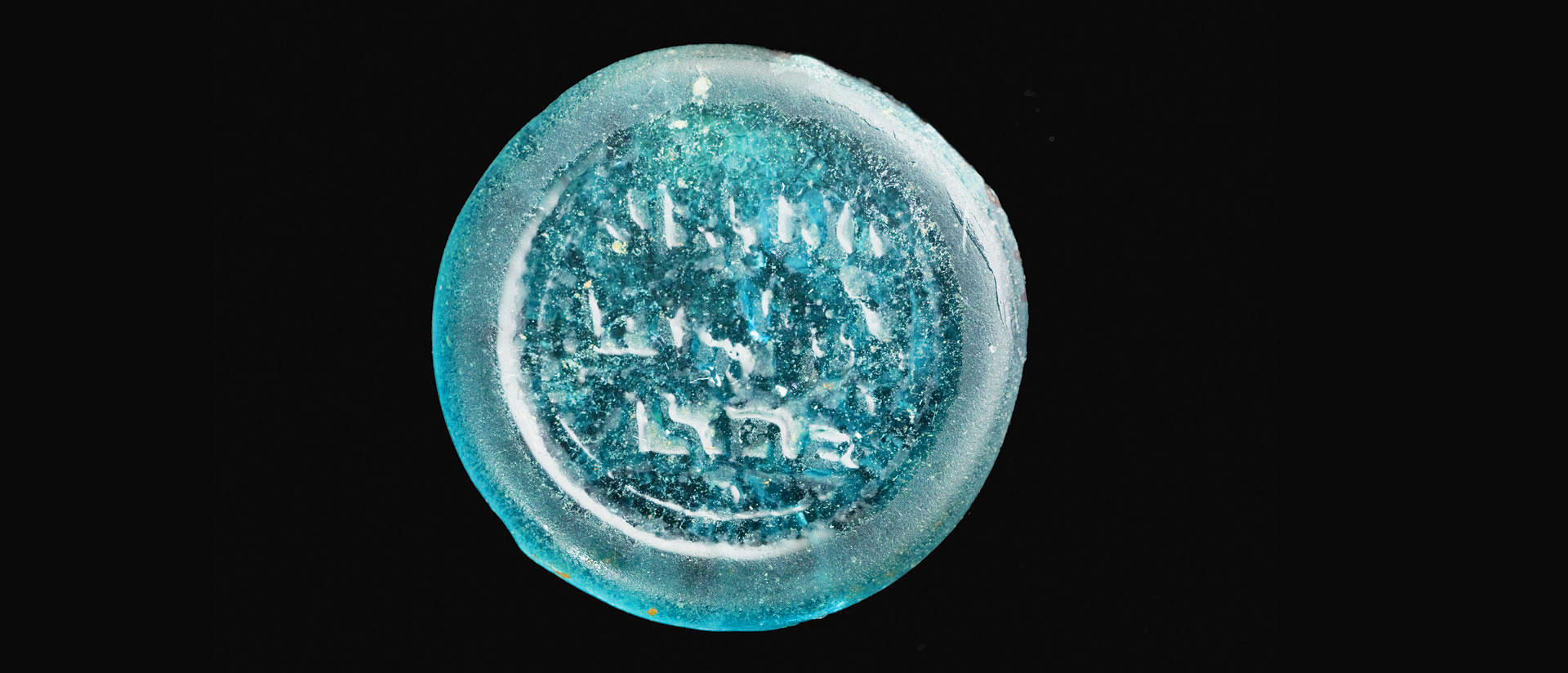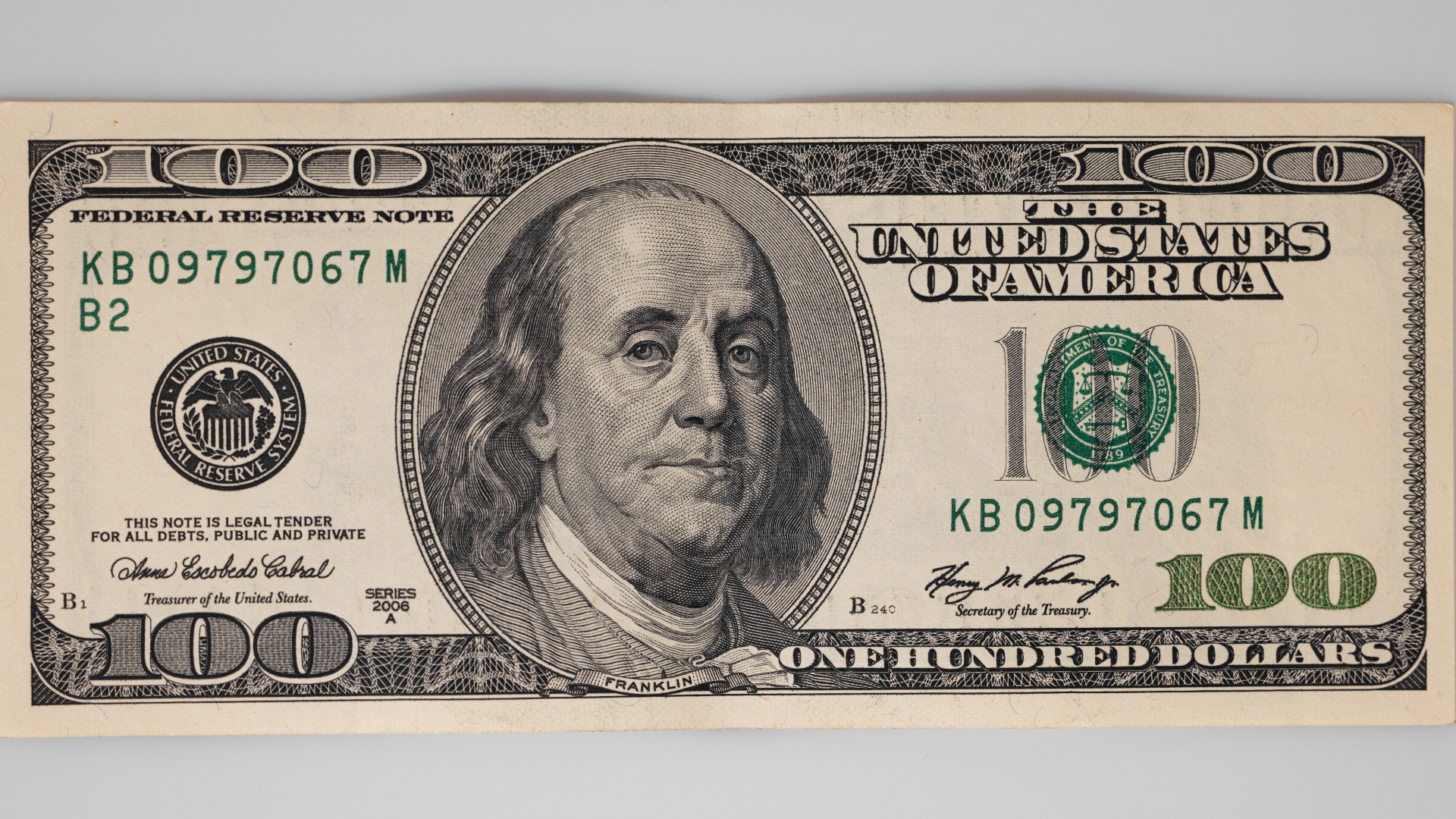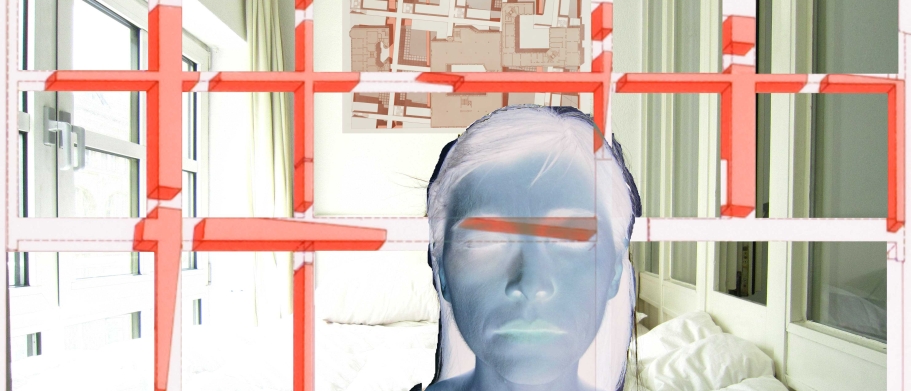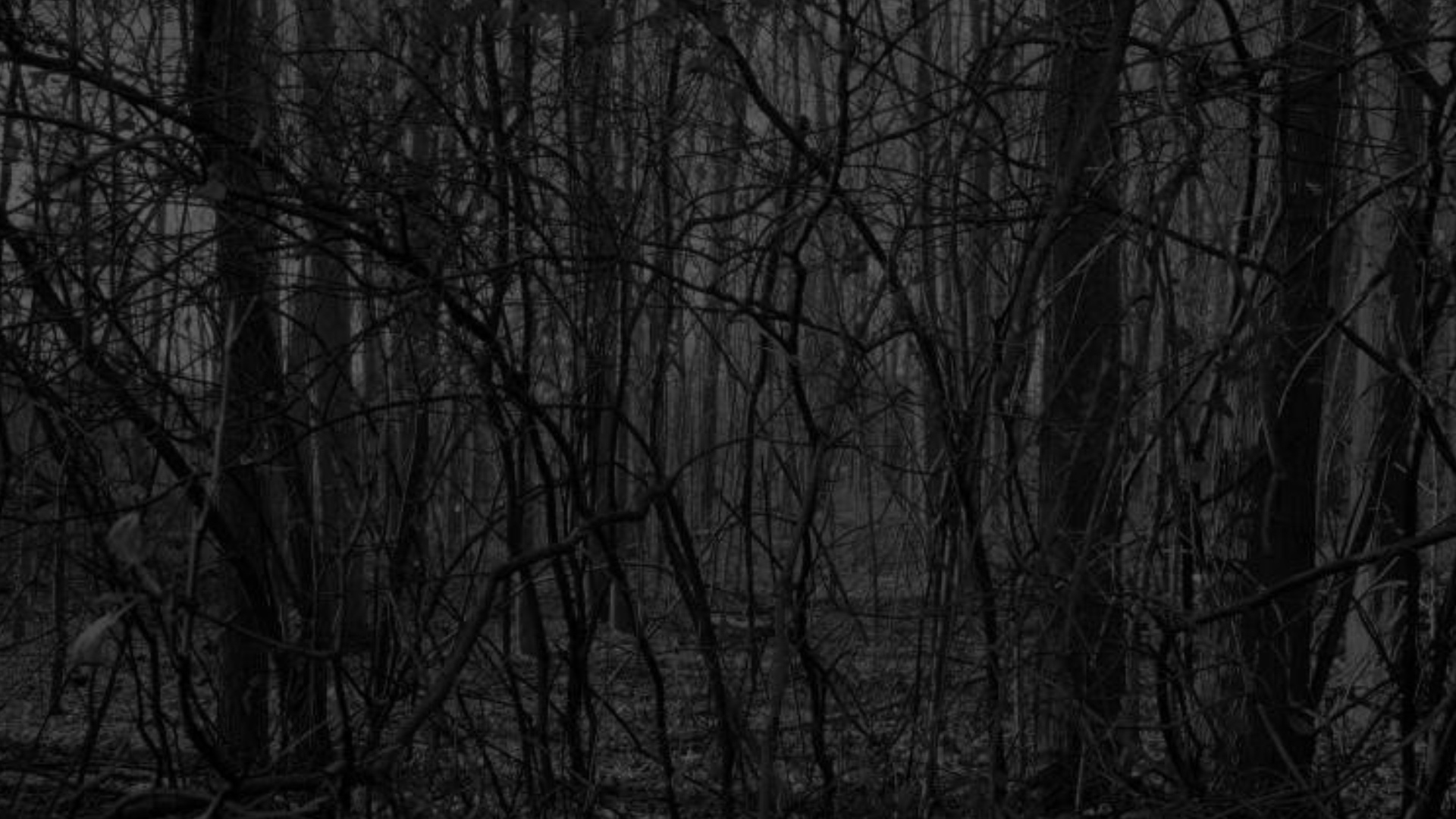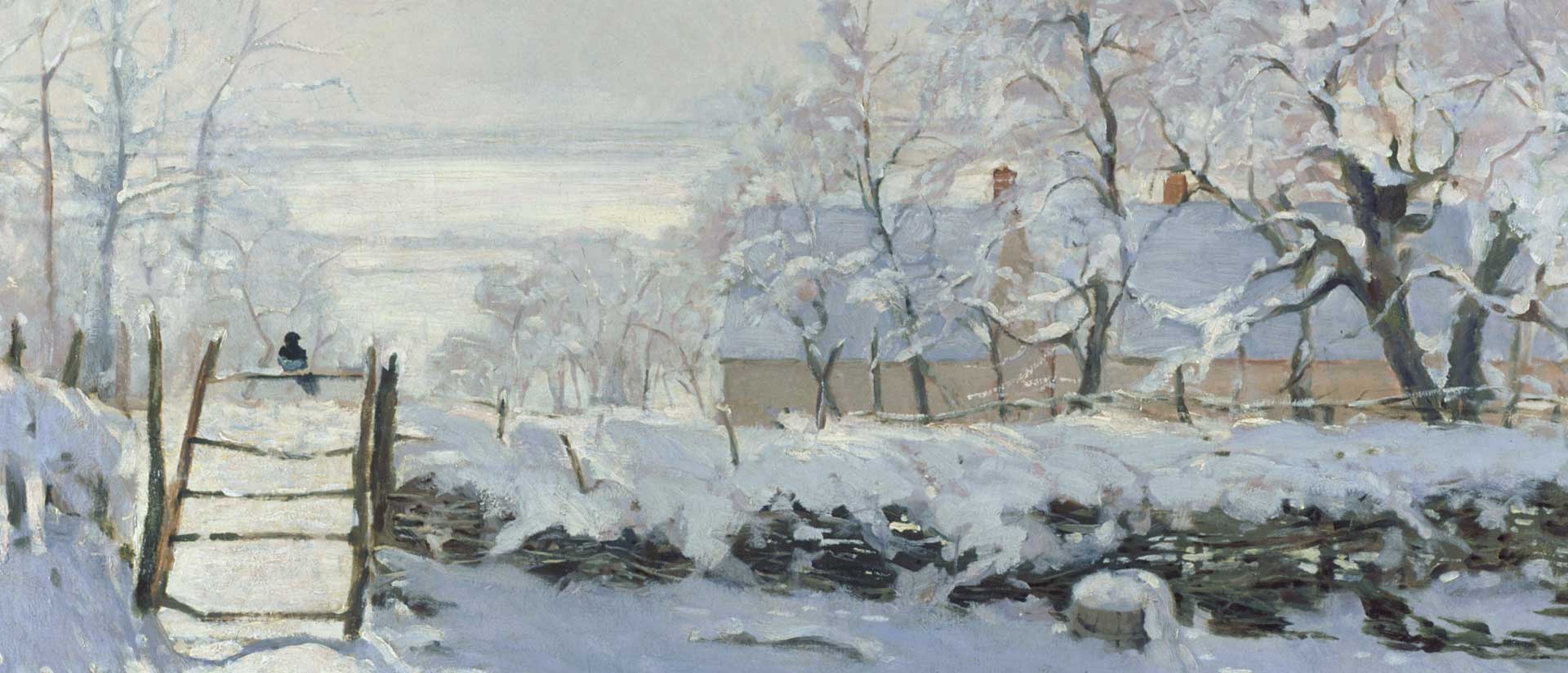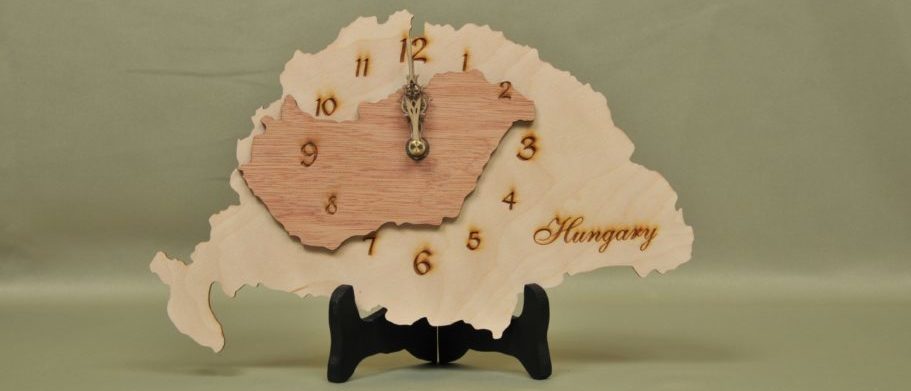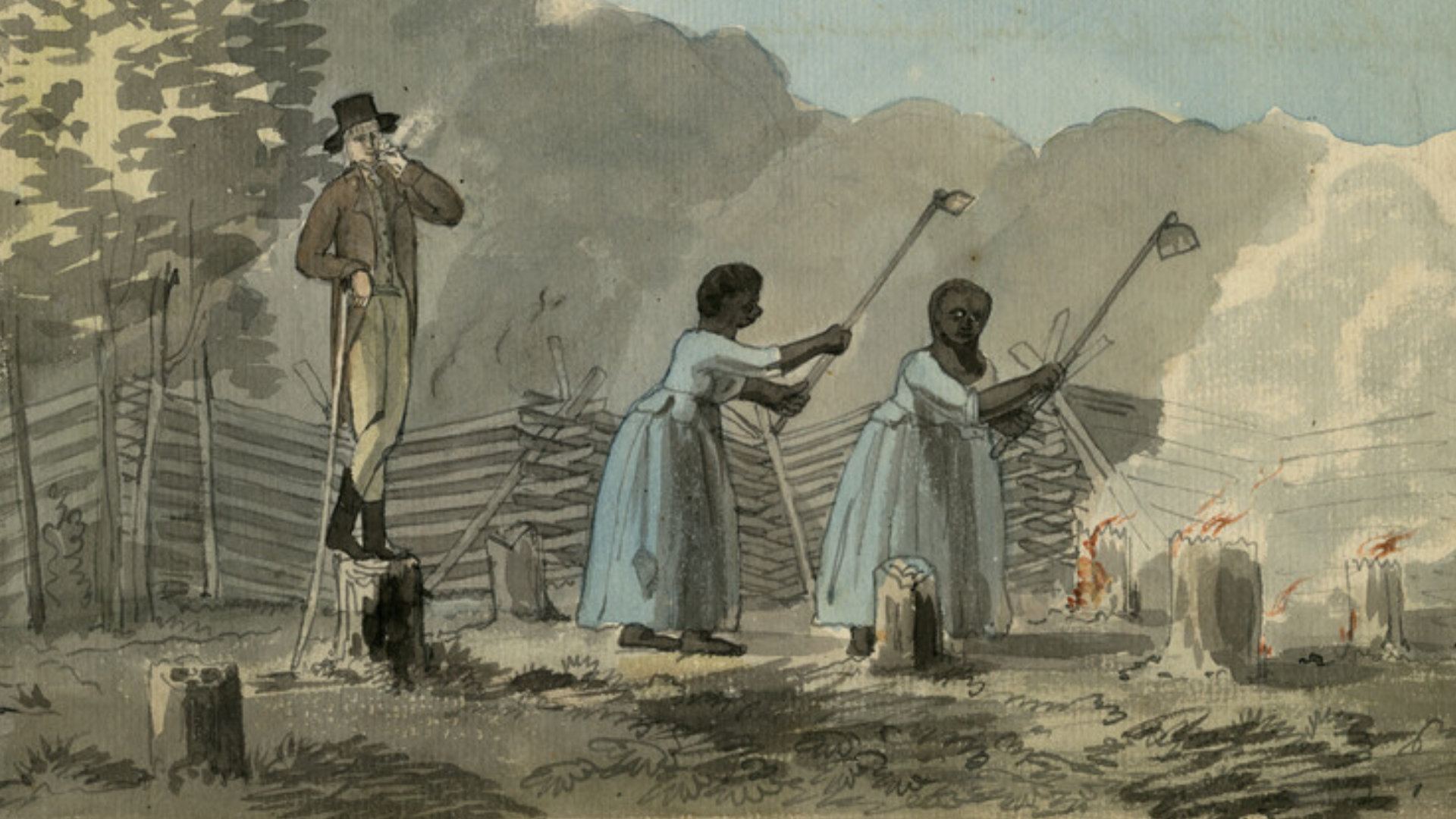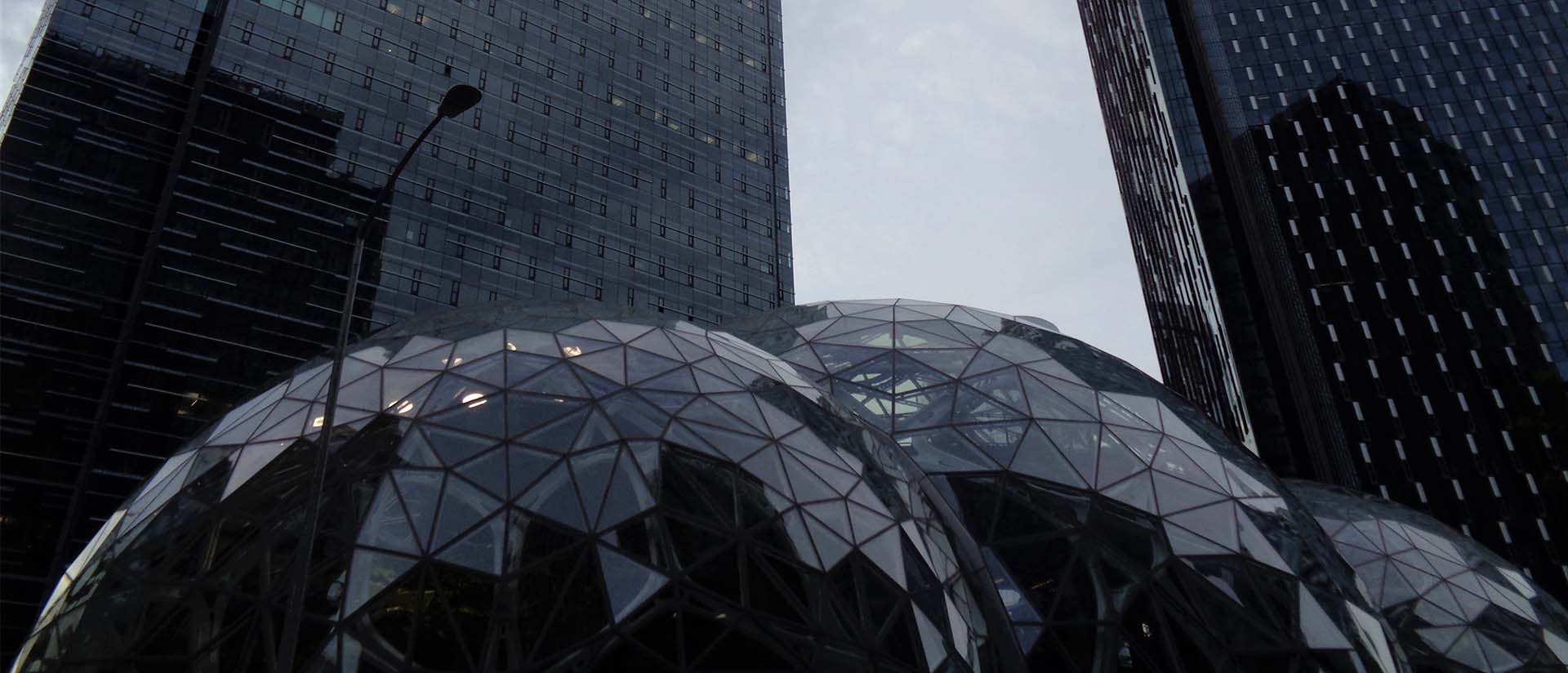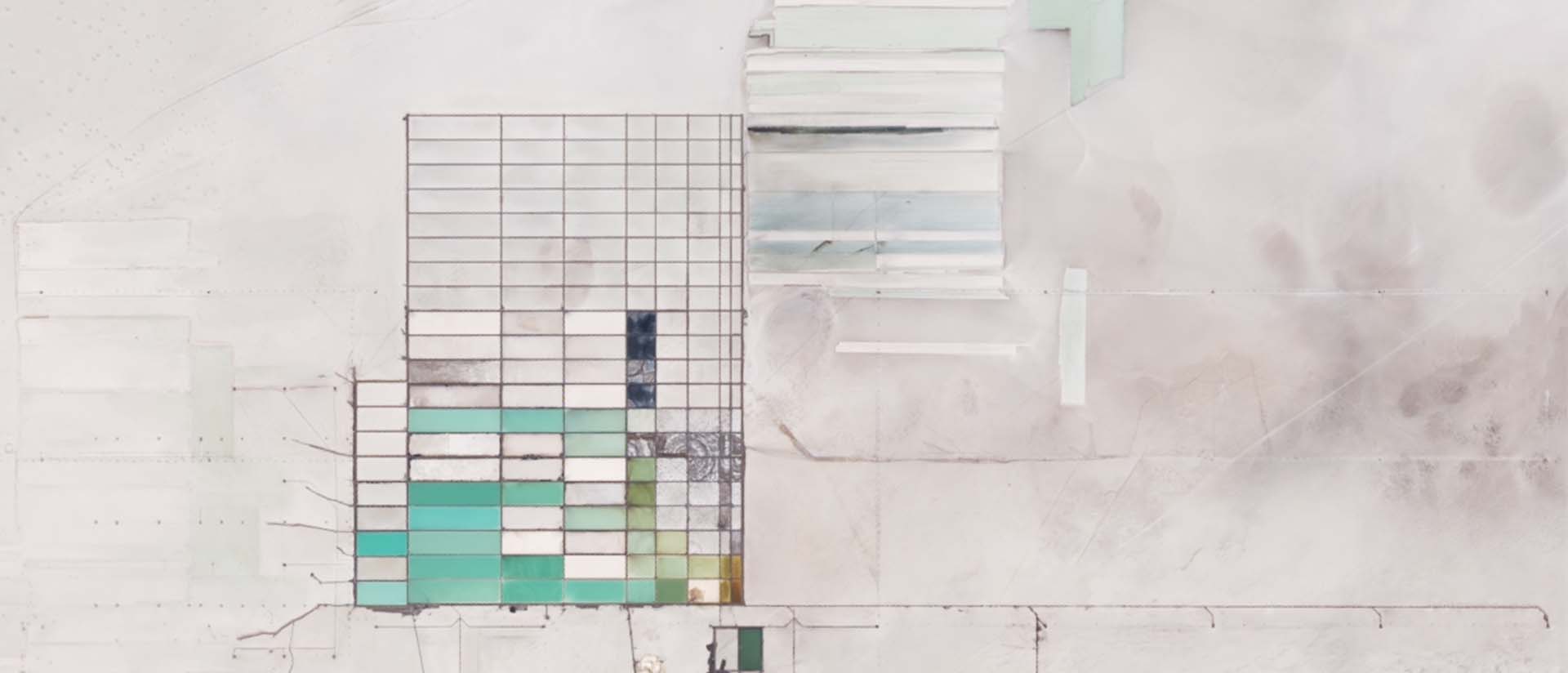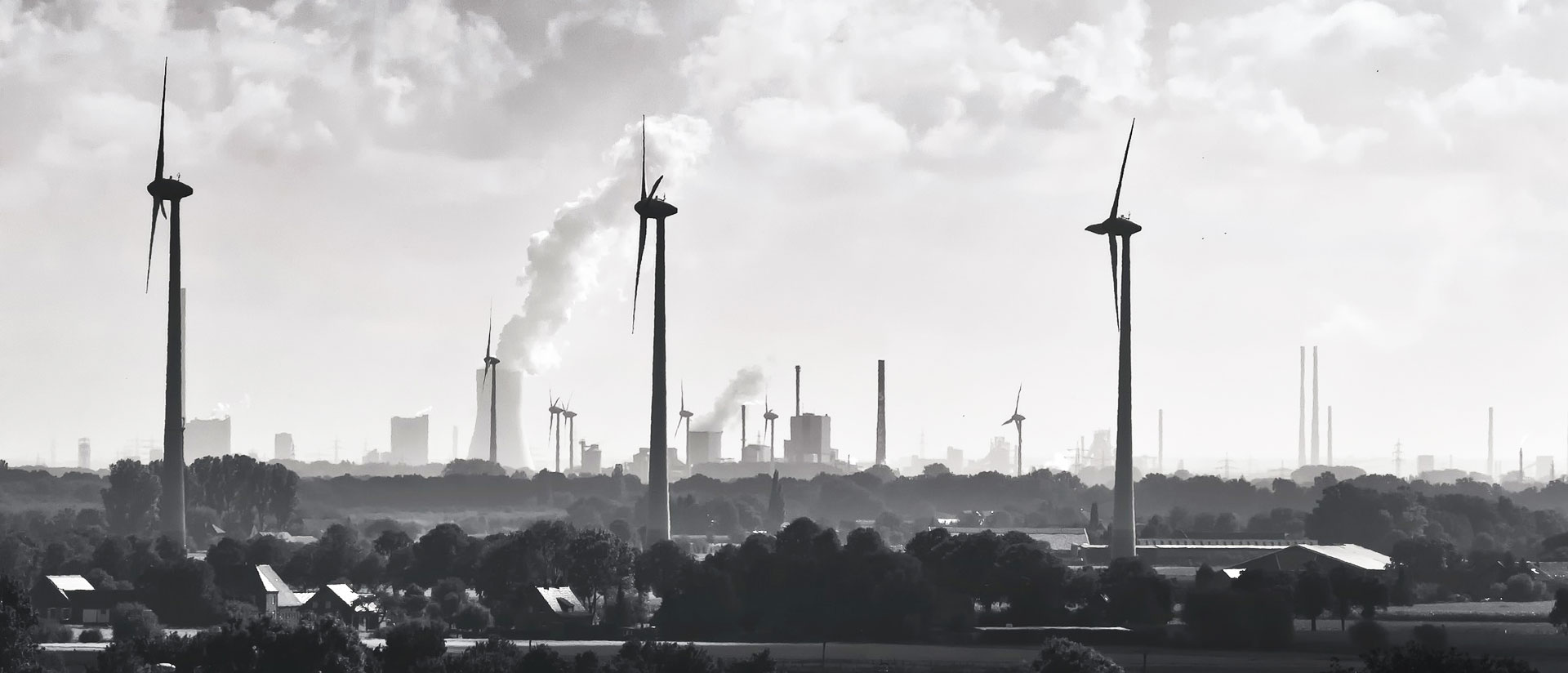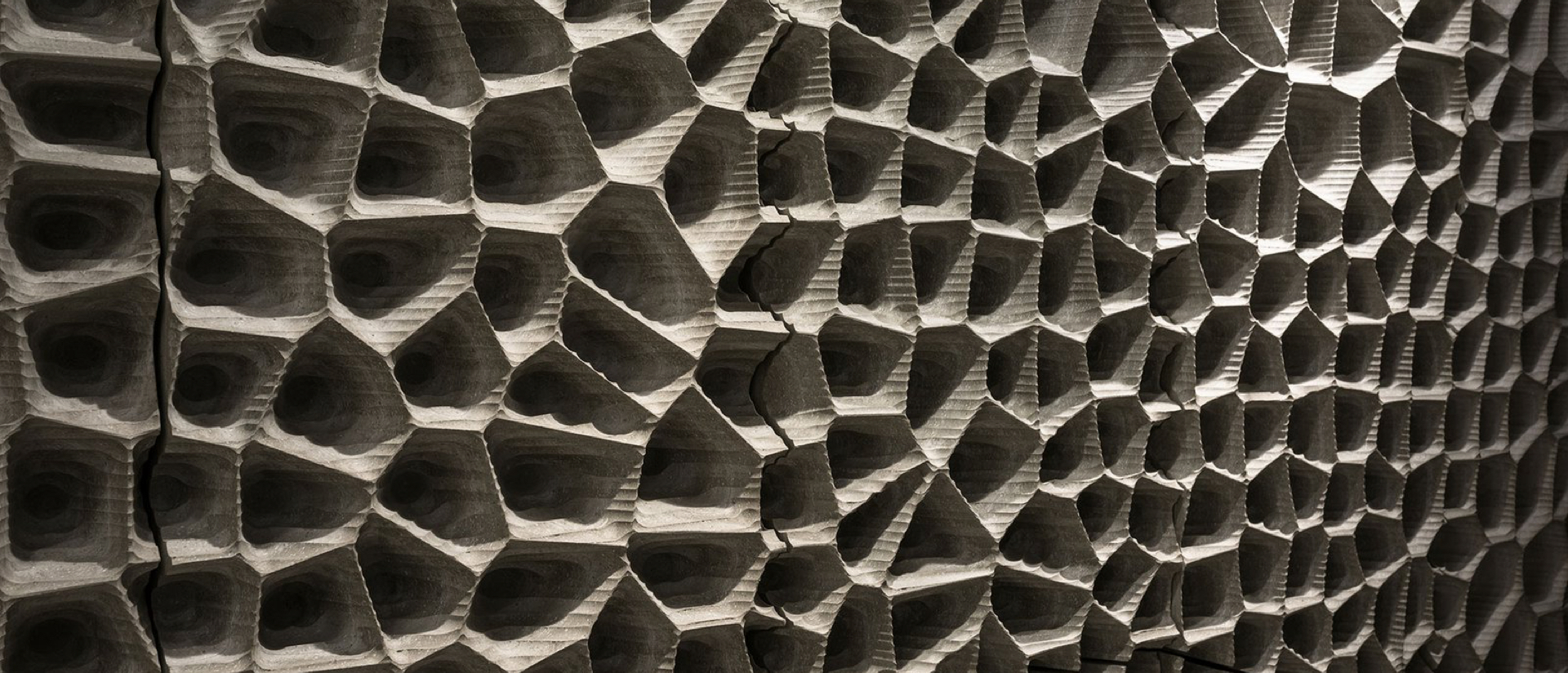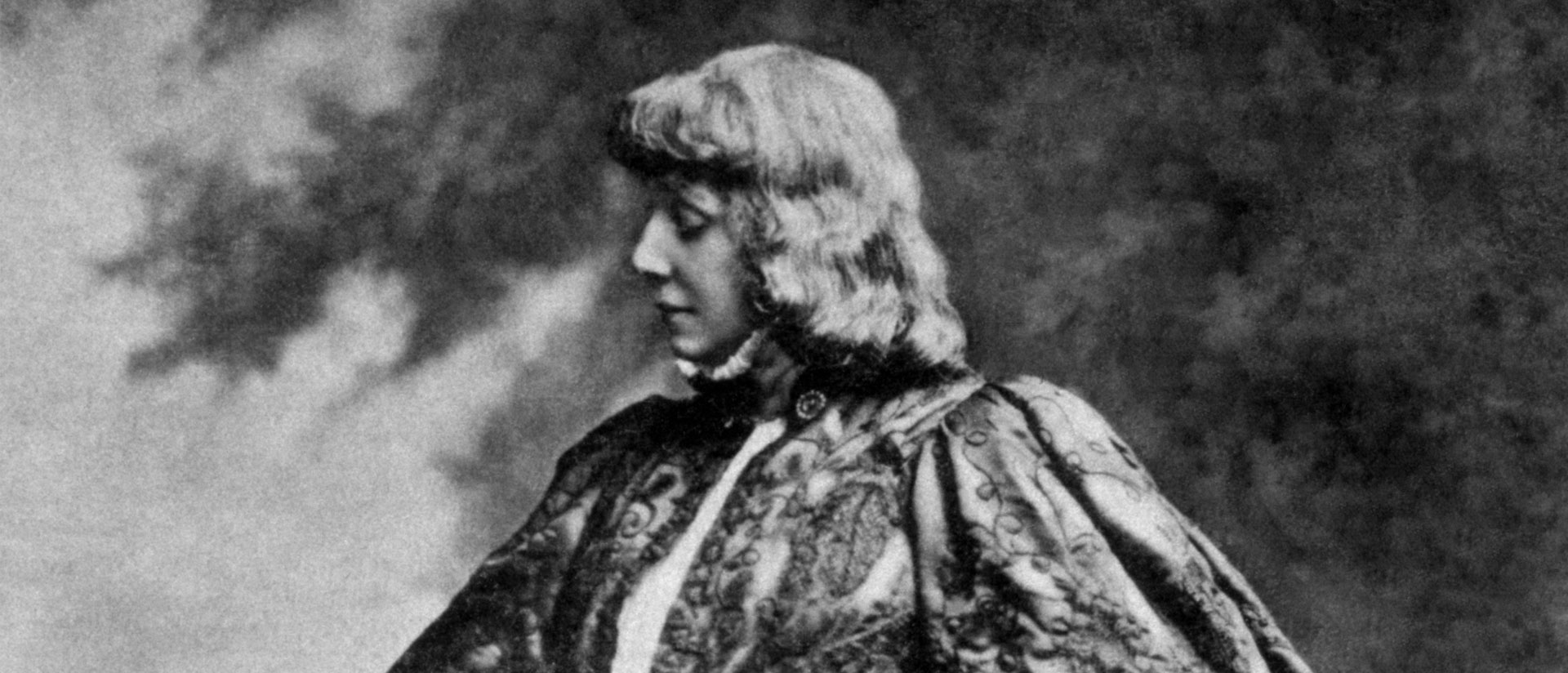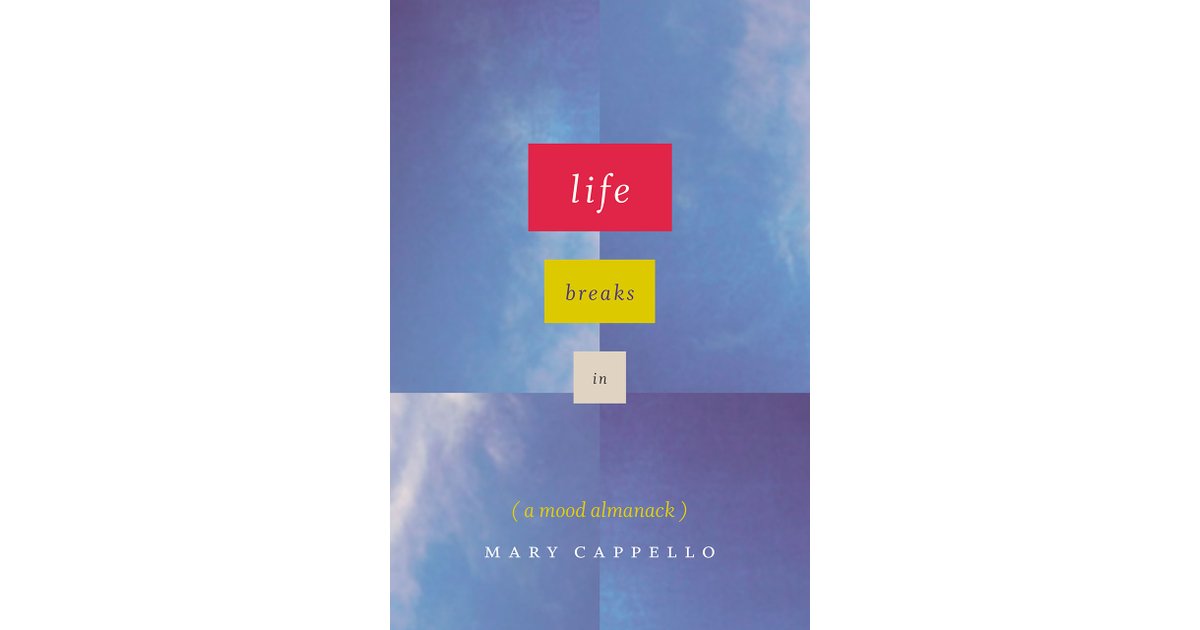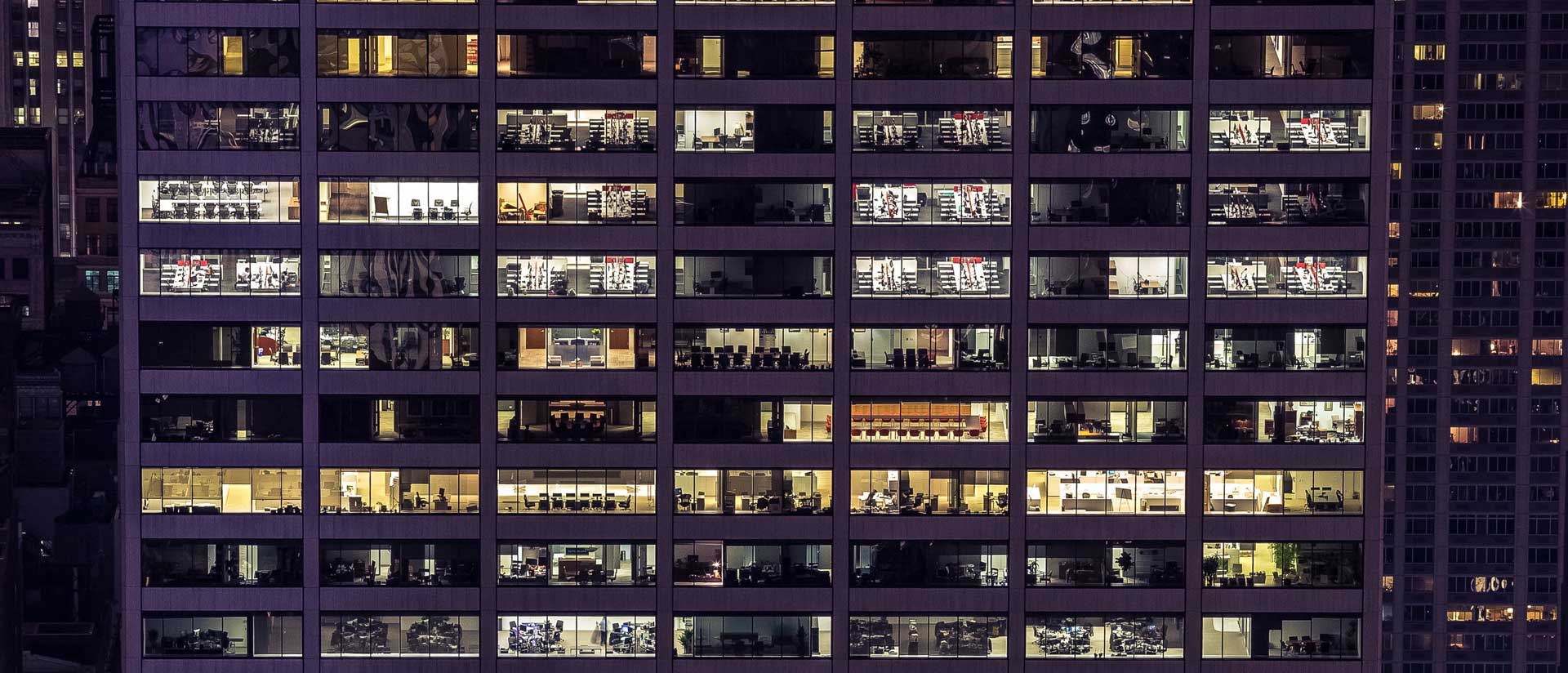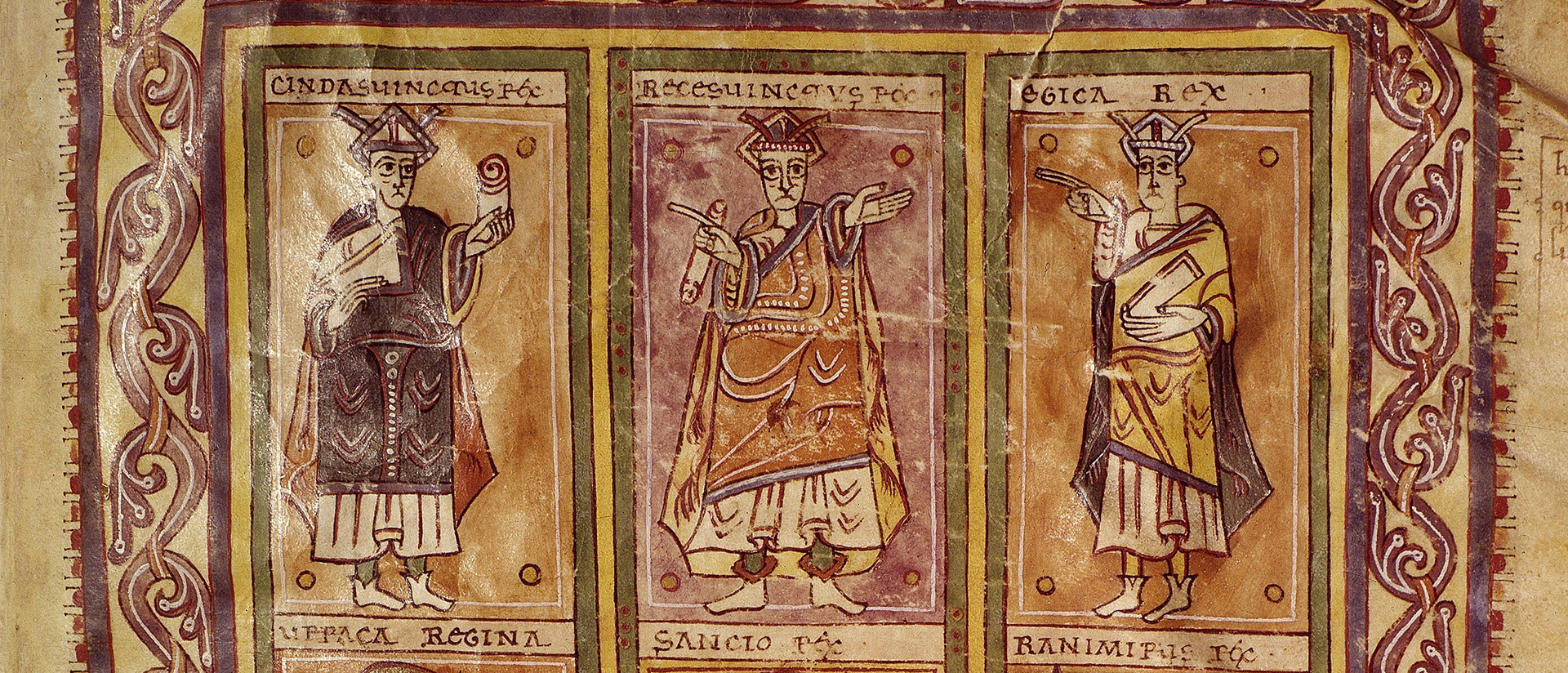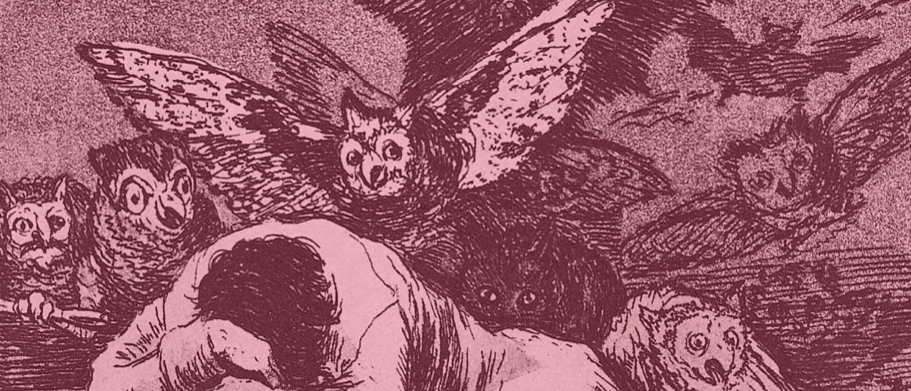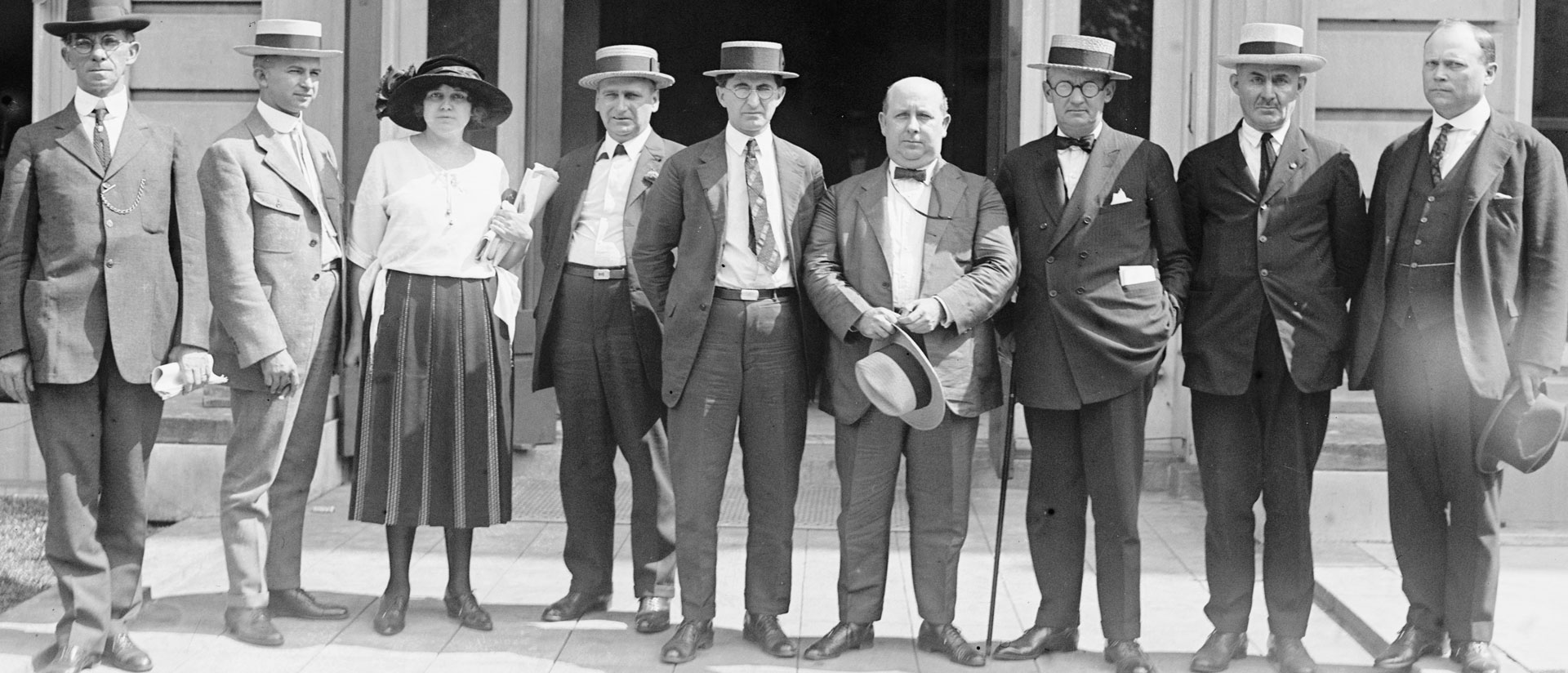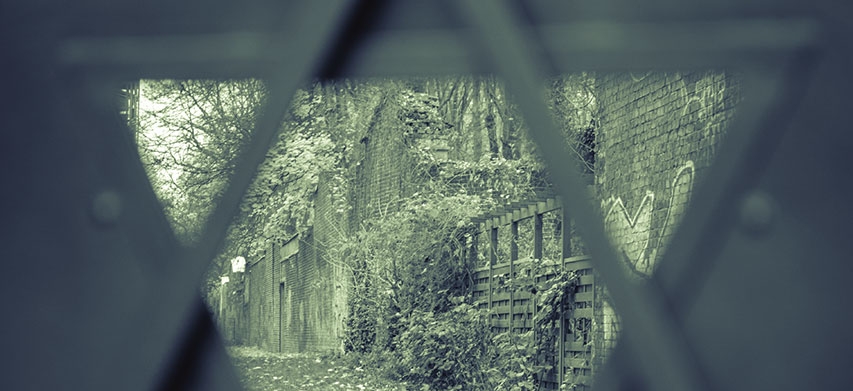
Berlin for Jews
A twenty-first century companion
by Leonard Barkan
The first time I entered into psychotherapy, traumatized by a love affair that didn’t happen and by separation anxiety when I was forced to leave the East Coast for Southern California, I was determined to be a good patient and tell the truth. So at the very start, I announced that there were three secrets so terrible and private that I had to get them off my chest immediately, lest I never arrive at real honesty with the doctor. I polished off homosexuality and masturbation lickety-split. But when I came to the third secret, despite all my lofty determination, I was struck dumb, and I spent the rest of the session—and several more sessions—beating around this particular burning bush. The secret was that I had often pretended I wasn’t a Jew.
Let me take that apart. First of all, I am a Jew, 100% Ashkenazi (actually, 93% by official DNA count, thanks to Ancestry.com) in the most standard manner imaginable: Litvak, Ellis Island, Lower East Side, enthusiastic consumer of gefilte fish and pastrami, knishes and belly lox, not necessarily at the same time. My largest claim to distinction within this vast archetype, I suppose, is that my family was passionately antireligious. The only Jewish ritual in which I ever took part happened to me at the age of eight days (they were resentfully placating some grandparent or other), and I’m glad to say I have no recollection of it. But my family’s militant secularism is its own kind of stereotype—not the last time we’ll hear about that phenomenon in these pages—and so it hardly frees me from the Jewish mainstream.
Now about that pretending. Why did I do it? There were, as they say in the social sciences, push factors and pull factors. The pull factors are easy: J. S. Bach, John Milton, Piero della Francesca. The truth is, I have never quite learned how to love great art without believing what it says. The push factors are a far more delicate subject. I suppose that, like children everywhere, I was becoming a mutant version of my parents. Having made the great leap from shtetl poverty to the Manhattan middle class, from Eastern European polyglot to elocution-teacher English, from rabbinical orthodoxy to left-wing secularism, they didn’t look back. Or rather, they looked back often, but with disapproval, with self-congratulatory relief, and (especially) with mockery. That was their gig; as for me, faced with all that disagreeable baggage, I simply checked it and threw away the key.
My double life—and that’s what it was, since I could hardly mix my WASWAS P personality transplant with a home life full of latkes, sarcasm, and jokes about Tish Ba’av—might be said to have climaxed, and eventually dissolved, in my attendance at a High Anglican church in New Haven that outdid all others in a race to imitate the rituals of something like twelfth-century Catholicism: holy water, stations of the cross, miasmas of incense, and a stray nun, left over perhaps from some monastic foundation that didn’t get the memo when Henry VIII shut them down. The vibrantly berobed figure who presided over this medieval spectacle was one Father Kibitz, a converted Jew. (That’s his real name. I couldn’t invent a better one, so, alav ha shalom, he must be identified here.) I’m not sure I ever exchanged a word with him, but I spent numerous Sunday mornings in the thrall of his sacred spectacle.
I should say, to Father Kibitz’s credit, that, unlike me, he concealed nothing about his origins. (He couldn’t have: his nose and his Bronx accent would have made it impossible. But perhaps I was just as transparent.) It must have been some combination of seeing him and seeing myself, along with the more pedestrian fact that I was about to begin a new life three thousand miles away, and therefore free to dis-reinvent myself, that caused my whole impersonation simply to evaporate.
Once the air cleared, I began to realize just what kind of Jew I was. I had grown up in New York, I had a considerable vocabulary of Yiddish, I loved poems and paintings and symphonies but saw no contradiction in loving the Marx Brothers just as much. I devoured starchy comfort food and spicy irony with equal enthusiasm. There were just two things that I didn’t do: I couldn’t see myself graduating from the theater of Father Kibitz to that of the shul around the corner; and I saw no reason, living as I was in the midst of such a rich European tradition in America, to abandon it for the Middle East. I was happy that such institutions—the ancient house of worship, the modern nation—existed, since they were clearly guardians against a history of terrible circumstances that threatened all of us. But I felt no need to inscribe myself in their book of gold, nor, for that matter, to define myself in relation to that history of terrible threats, which, Gott sei Dank, had pretty much left me alone. I was a cultural Jew, and I wasn’t ashamed any more.
The other part of the story has to do with the matter of German. When I was 12 and began language study, I chose Latin: that’s what most members of the cool intellectual crowd, along with a sprinkling of irredeemable nerds, did at my school.
The following year, when I was allowed to choose a second language, I unhesitatingly opted for German. Not so cool.
I have no recollection of the logic, if there was one, behind this selection. I only know that me and German clicked. Of course, there was the fact that, with the experience of hearing my parents try to keep secrets in Yiddish, which I had long since decoded, learning German was something of a pushover. This came as a complete surprise to me since no one, a mere decade after the end of World War II, was advertising the common ground between the language of the Nazis and the language of their most abject victims.
Not that all the prominent German Jews I admired spoke Yiddish: many of them would have been horrified by such an implication. But thinking about it now, I realize that Jewish upward mobility of the cultural kind in which I was raised had always seen German as the preferred language and civilization. It was the language of science, the language of philosophy, the language of classical music: what more could a Jewish boy like me ask for? It’s curious that the monstrosities of the 1930s–40s did not—at least in my experience—wholly dislodge this privileged position. I don’t know how my parents lived through those two dreadful decades, albeit from the safety of Manhattan, without any shred of prejudice against all Germans. They weren’t particularly high-minded in other respects, particularly in the love-thy-neighbor or forgive-thine-enemies sort of ways. But I still remember how, when referring to the atrocities of those years, I was cautioned by my mother always to say that it was the Nazis, rather than the Germans, who had perpetrated them. To be sure, with everything I now know, I’m not quite so confident about separating the two categories as she was.
Then there is the fact that in New York during the postwar years, all the Germans we knew were Jews. Indeed, more than anyone else, they are the inspiration that led me to the experiences that made me want to excavate my own. They were the grown-ups who read poetry for pleasure, who served four-course meals with matching wines, who played string quartets at home: what more could a Jewish boy like me ask for?
If I then say—and it’s true—that I’ve patterned myself in imitation of a refugee generation whose full life story was anything but enviable, that’s not the only problem with this picture. Once upon a time, I pretended I wasn’t a Jew. What kind of pretending is it now that I seize upon the grand aristocracy of Jewish Berlin as though I belonged somehow among their descendants? In fact, those who formed my personal heritage did not establish a worldwide shipping empire out of Hamburg nor dispense neoclassical wit in the company of Henriette Herz and Philippine Cohen, nor did they revolutionize the early twentieth-century practice of medicine. They rather cobbled together a pious and poverty-stricken existence somewhere among the pogrom-visited villages between Minsk and Pinsk. And if our people’s history is somehow stretched tortuously between those mitteleuropäisch summits of cultural achievement and the extermination camps, I am once again no first-hand informant, my people having been safely ensconced in America just about long enough to have severed any personal ties of memory to the six million. I can only say I hope it’s exactly those disjunctions that give me license to speak of my experience.
But none of this discovery of my inner German, however prepared by early life, would have taken place if I hadn’t, less than ten years ago, fallen in love-at-first-sight with Berlin.
Mind you, I wasn’t one of those Jews who refused to go to Germany: over the years I had visited Goethe’s house in Frankfurt, sung “Die Lorelei” auf Deutsch while passing her legendary rock during my personal Siegfried Idyll of a Rhine journey, gazed at ancient sculpture in Munich’s Glyptothek, and tasted Riesling on the banks of the Mosel. In fact, courtesy of all those A-pluses in German class, I was selected as an exchange student from my high school to the Schadowschule in West Berlin—except that the year was 1961, the Soviets had started to build the Wall, and no little boys from New York were going to be shipped off to that particular theater of the Cold War.
When I did venture there, along with my spouse, it was in the midst of a year’s residence in Italy, a circumstance almost fictional in its appropriateness, since Rome had through several decades of my adult life been the official adopted home, fostering a sense of my origins in the manner named by Freud as “the family romance”—children’s practice of inventing alternative parents, generally of higher social standing, from whom they have been abducted by the pair of ordinary schmoes who tuck them into bed at night. Rome wasn’t exactly my fantasy parent, and I never pretended to be an Italian, though I was occasionally mistaken for one. But when I took that momentous flight from Fiumicino to Schoenefeld, it turned out I was finding a second second home.
Mind you, if I am sending you on this quest for Berlin—which I do, in the book this prologue introduces, Berlin for Jews—it’s not just about the Jewish thing. Of course you know that Berlin is fascinating. I don’t need to tell you about visiting Museum Island and the Brandenburg Gate, about the ever-expanding arts scene in Mitte, Neukölln, Friedrichshain, and further gentrifying points east, not to mention the twee scene in Prenzlauer Berg (fight your way through the baby carriages to a sublime selection of cafés, galleries, and quaint street scenes). You may also be eager to do the Cold War tour—Checkpoint Charlie, the Stasi Museum, the Gedenkstätte der Berliner Mauer, etc., even if it leaves me a little, well, cold, since I’m always wondering, if they were so hungry for freedom as to risk their lives by evading the Wall in 1965, where was that hunger for freedom thirty years earlier? But let’s not go there, yet.
I have spent of my professional life as a literary scholar, thinking about Shakespearean tragedy. The heroes of those dramas are sometimes fundamentally good people (Hamlet), sometimes a mixture of good and bad (Othello, Lear), and sometimes pretty thoroughly bad (Macbeth). And yet we are gripped by all their fates, and, to one extent or another, we mourn them all. Berlin is just such a tragic hero: I am gripped by the city, and I mourn all the destructions, whether of persons, places, or cultures—those inflicted by Berlin and those inflicted on Berlin (which were, come to think of it, also inflicted by Berlin). On the other hand, Shakespeare’s tragedies nearly always end with some glimmer of future hope. Berlin for Jews aspires to be a tentative in that direction. □
Leonard Barkan is Class of 1943 University Professor and Chair of the Department of Comparative Literature at Princeton University, and a fall 2009/spring 2010 Academy alumnus. Reprinted with permission from Berlin for Jews: A Twenty-First Century Companion, by Leonard Barkan, published by the University of Chicago Press. © 2016 by the University of Chicago Press. All rights reserved. Published in the Berlin Journal 30, Fall 2016, pp. 16-18.

